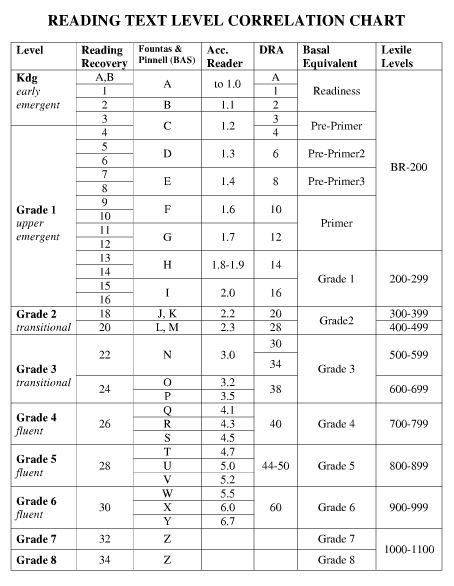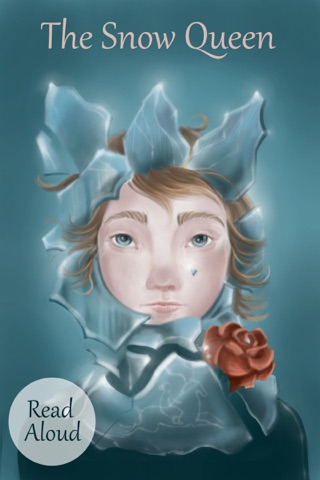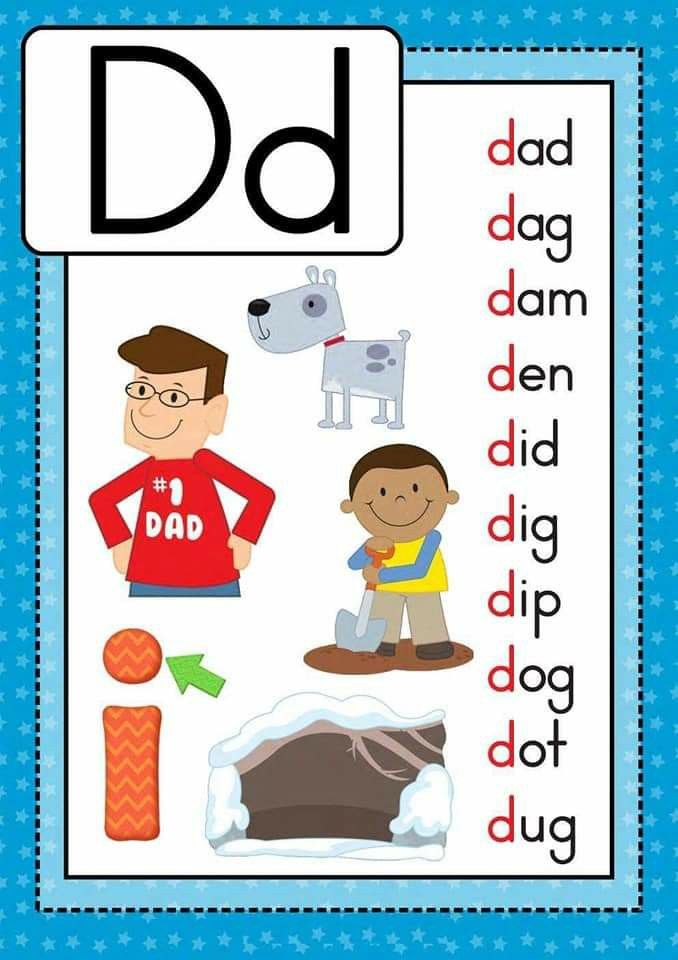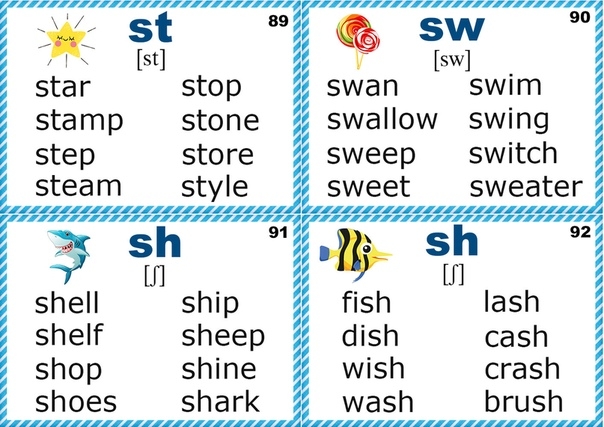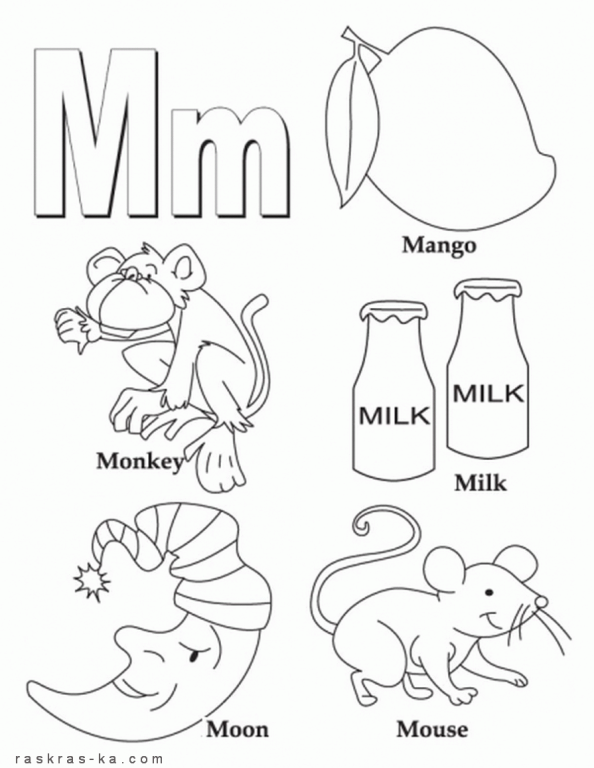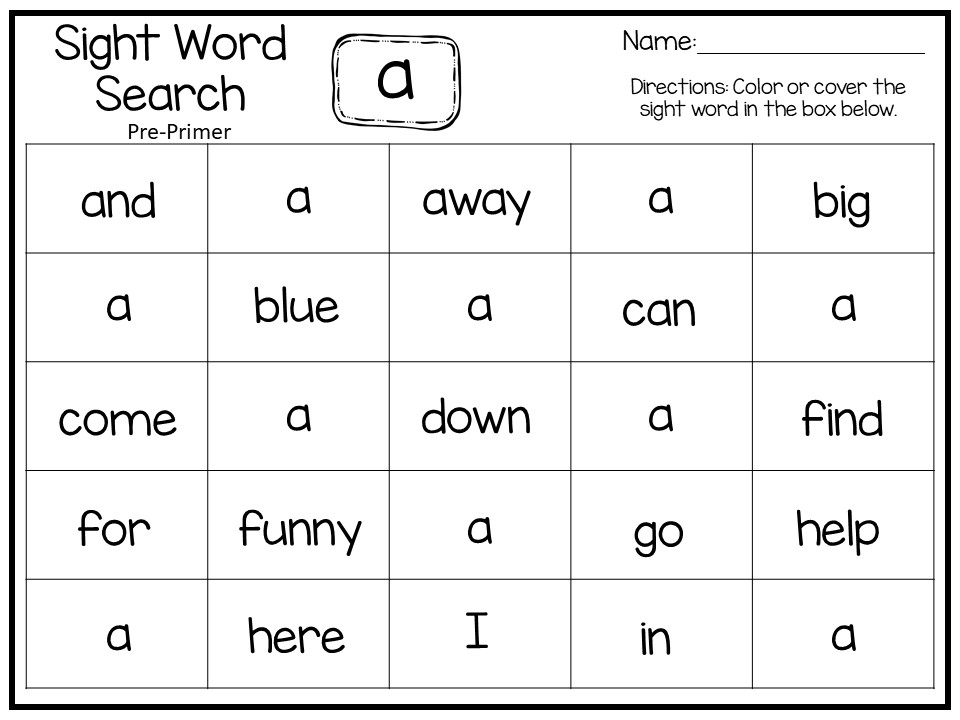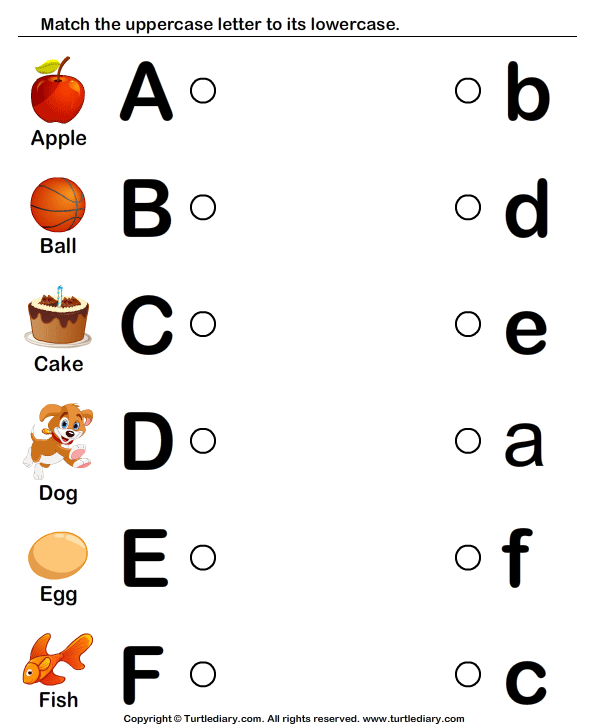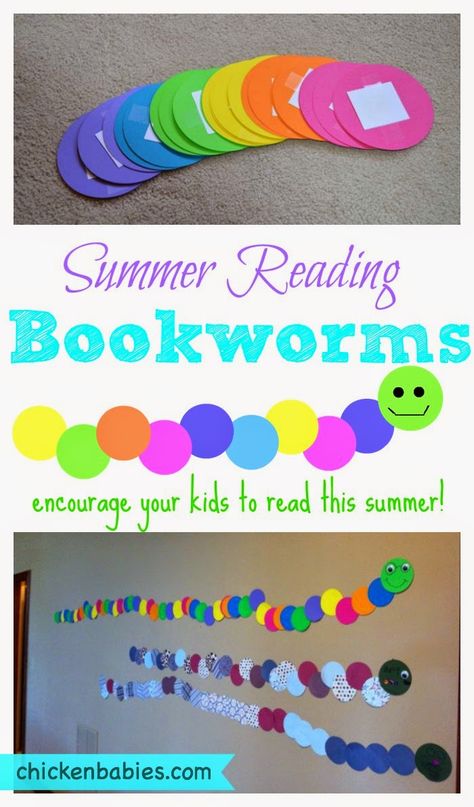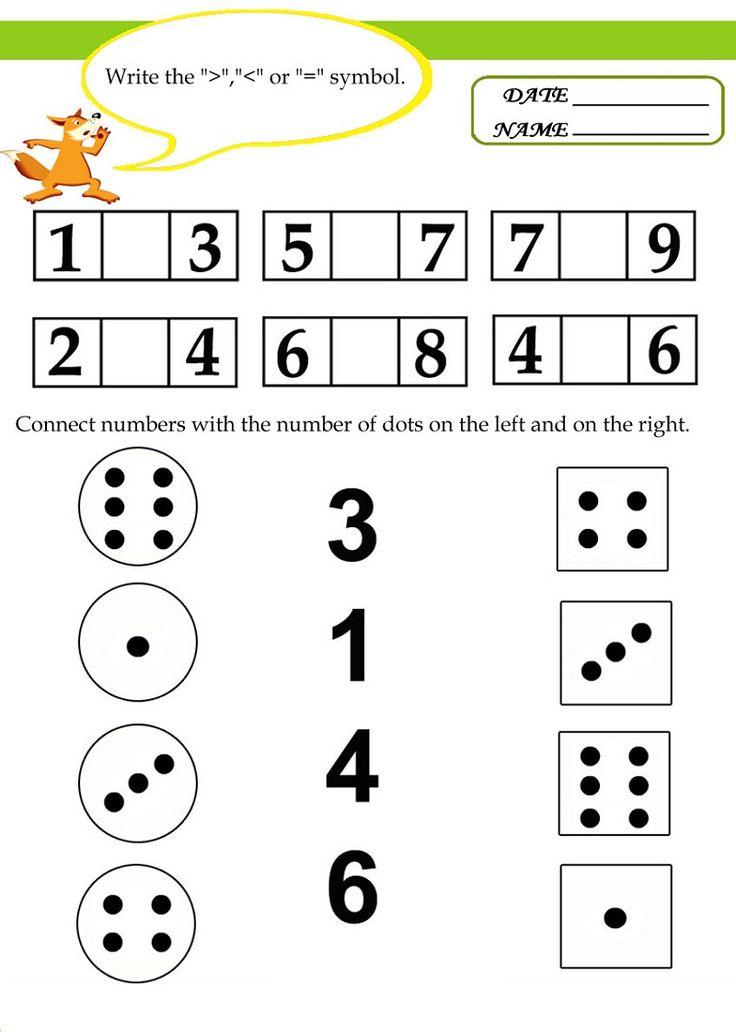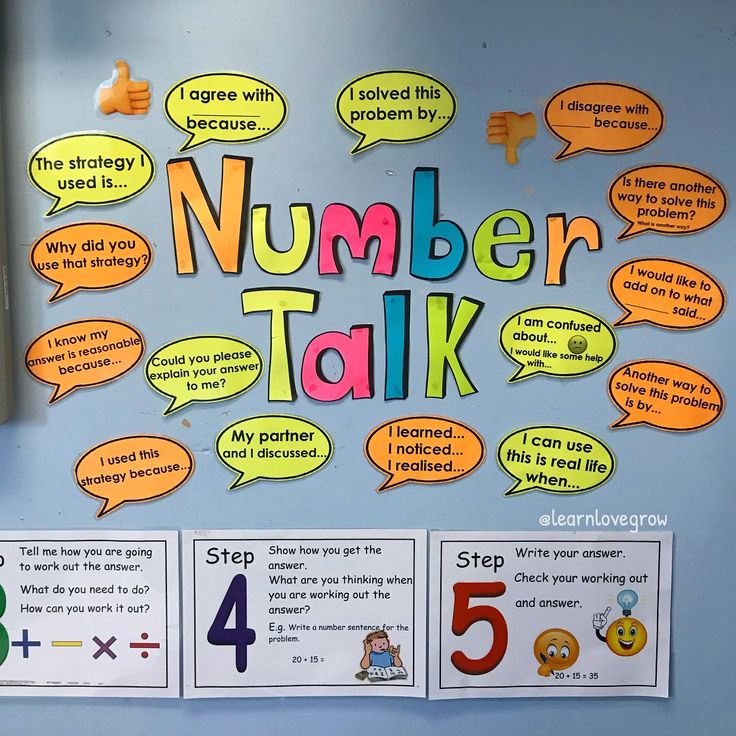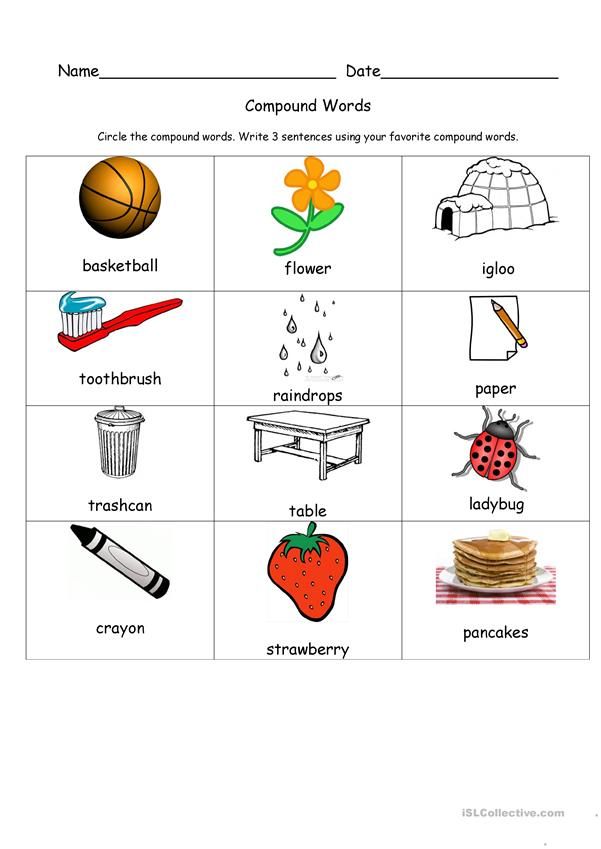Grade level reading
The Campaign for Grade-Level Reading
Research shows that reading proficiency at the end of third grade is the most important predictor of school success and high school graduation. This is because reading proficiency enables students to shift from learning to read to reading to learn as they encounter more complex curriculum in fourth grade and beyond. Students who are not reading proficiently by the end of third grade are four times more likely not to graduate from high school than proficient readers. Yet in Oregon 28 percent of third graders fail to meet this benchmark. Among low-income students, 37 percent miss this critical milestone.
The Campaign for Grade-Level Reading is a national collaborative effort driven by this research. Foundations, nonprofits, business leaders, government agencies and communities across the nation are participating to ensure more children in low-income families are reading proficiently by the end of third grade, greatly increasing their chances of success in school and life.
The Campaign is based on the belief that community partnerships are key to tackling the problem. It provides technical assistance to engaged communities of diverse partners that are taking up third-grade reading as an outcome. These communities are mobilizing to remove barriers, expand opportunities, and assist parents to serve as partners in their children’s success.
Campaign for Grade-Level Reading communities are improving third-grade reading outcomes by working in three focus areas:
School readiness: ensuring more children arrive at kindergarten prepared to learn
School attendance: ensuring children in preschool and K-3 miss fewer days of school
Summer learning: ensuring children do not lose ground during the summer months
Along the way, communities are engaging parents and families because research shows students are most successful when their parents are involved and engaged in their learning.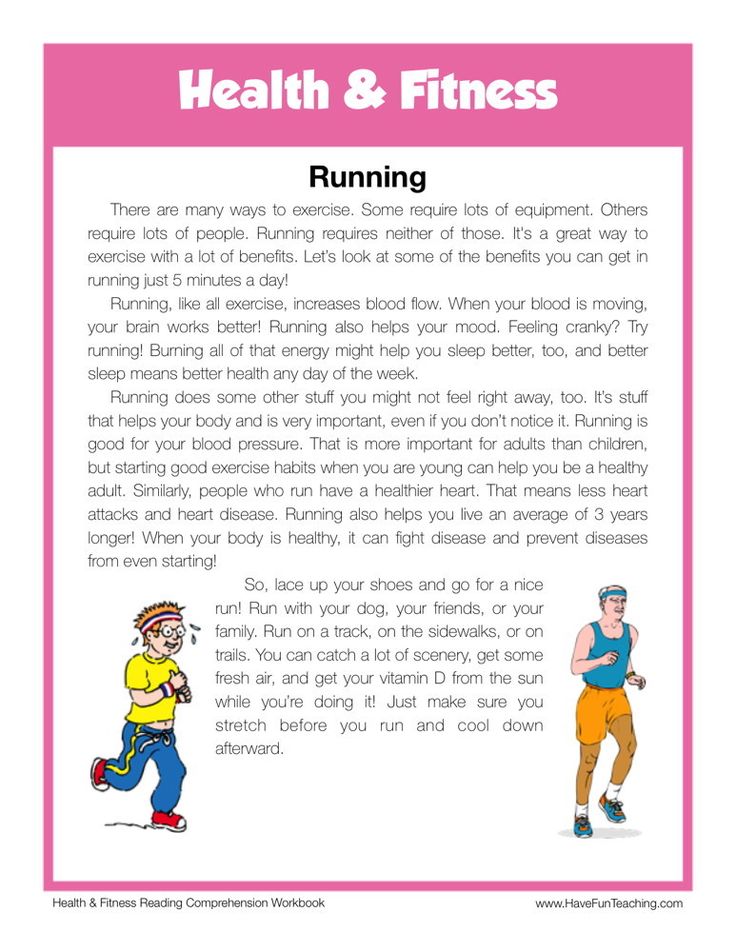 Parents are a child’s first teachers, and this role begins at birth. Healthy physical, social, emotional, and cognitive development in the earliest years greatly impacts children’s ability to learn and become proficient readers.
Parents are a child’s first teachers, and this role begins at birth. Healthy physical, social, emotional, and cognitive development in the earliest years greatly impacts children’s ability to learn and become proficient readers.
These two sites continue to evolve and serve as learning laboratories for school districts, educators, policymakers, parents and families, and communities working to strengthen early learning and set them on the path to third grade success.
One of the Children’s Institute’s Early Works sites, Earl Boyles Elementary is a high-needs school in Portland’s David Douglas School District. Earl Boyles is a culturally and linguistically diverse community facing significant poverty. The community is making progress by working to connect early learning with the early grades at the school. This has included implementing three preschool classrooms for 3- and 4-year-olds, a robust data-driven summer literacy program, building a new wing that will house resources for parents and families, and establishing strategies to tackle chronic absence.
Early Works at Earl Boyles
Led by the United Way of Lane County, this community has an unusual collaboration with three local research institutions (Oregon Social Learning Center, Oregon Research Institute, University of Oregon), allowing them to do extensive work planning for system reform around health, mental health, social services and early learning. Their Campaign for Grade Level Reading work is embedded in this broader effort. They have a team focused on family engagement and a very successful school readiness program called KITS (Kids in Transition to School). The program includes a 16-week series of summer playgroups for future kindergartners focused on literacy and school readiness. Lane County also has an active summer literacy campaign that includes volunteer-led reading in local parks and distributing literacy kits and books.
Led by the United Way of Lane County, this community has an unusual collaboration with three local research institutions (Oregon Social Learning Center, Oregon Research Institute, University of Oregon), allowing them to do extensive work planning for system reform around health, mental health, social services and early learning. Their Campaign for Grade Level Reading work is embedded in this broader effort. They have a team focused on family engagement and a very successful school readiness program called KITS (Kids in Transition to School). The program includes a 16-week series of summer playgroups for future kindergartners focused on literacy and school readiness. Lane County also has an active summer literacy campaign that includes volunteer-led reading in local parks and distributing literacy kits and books.
Their Campaign for Grade Level Reading work is embedded in this broader effort. They have a team focused on family engagement and a very successful school readiness program called KITS (Kids in Transition to School). The program includes a 16-week series of summer playgroups for future kindergartners focused on literacy and school readiness. Lane County also has an active summer literacy campaign that includes volunteer-led reading in local parks and distributing literacy kits and books.
The effort in this small, rural community is led by Building Healthy Families, a central point in the region for early childhood resources and services. The community faces many challenges including poverty and lack of funding for programs like preschool and child care. The community is making progress through their collaboration with the Winding Waters Clinic, where a lending library has been established and where Reach Out and Read distributes well baby bags after visits. They are also collaborating with the local public library on outreach and engagement with families around early literacy. They also work with the library to develop summer camps and programs.
They also work with the library to develop summer camps and programs.
Also a Children’s Institute Early Works site, the Yoncalla community faces many challenges, including declining population and opportunities, rural poverty and very limited resources. To date, successful efforts have been made to develop relationships with parents and community members. New trust has been built between school and service providers and families that will allow for new interventions in the future. The school has also created a family room, a place in the school for families and children birth to age five can come together.
Early Works at Yoncalla Elementary
Also a Children’s Institute Early Works site, the Yoncalla community faces many challenges, including declining population and opportunities, rural poverty and very limited resources. To date, successful efforts have been made to develop relationships with parents and community members. New trust has been built between school and service providers and families that will allow for new interventions in the future.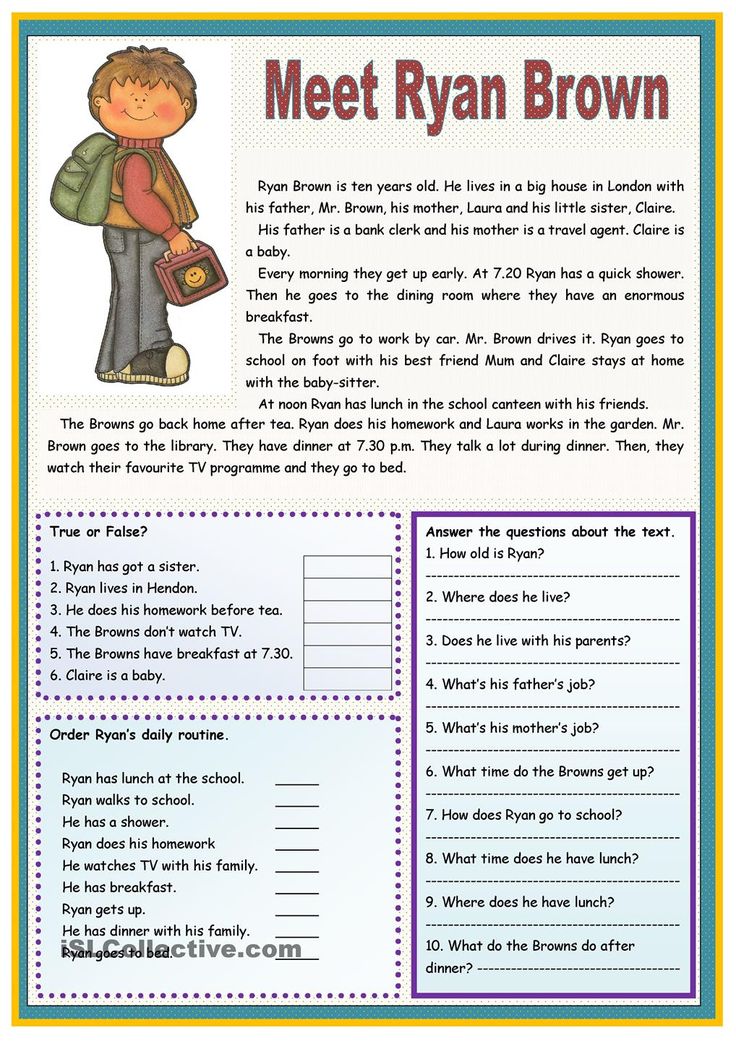 The school has also created a family room, a place in the school for families and children birth to age five can come together.
The school has also created a family room, a place in the school for families and children birth to age five can come together.
Early Works at Yoncalla Elementary
Oregon’s Third Grade Reading Data
Download this fact sheet to see data on Oregon’s third grade reading progress, kindergarten readiness, and chronic absence.
The Campaign for Grade-Level Reading
Want to learn more about the Campaign for Grade-Level Reading around the country? Visit them online to find out about communities across the country doing this important work. You’ll also find the latest news and resources straight from the Campaign and information about how to join the network.
Related News & Articles
Jul 28, 2022
On this segment of The Early Link Podcast, host Rafael Otto talks with Angela Uherbelau, founder of Oregon Kids Read, a grassroots literacy and equity group dedicated to ending our state’s literacy crisis.
Full Article
Jul 15, 2022
Join us on Thursday, July 21, for a preview of a powerful new documentary called Right to Read. The film explores America’s literacy crisis and what to do about it.
The film explores America’s literacy crisis and what to do about it.
Full Article
Jul 8, 2019
"The Campaign for Grade-Level Reading (CGLR) included Lane County, Oregon among its 2018 Community Solutions...
Full Article
How To Determine Your Child’s Reading Level And Choose The Best Books
When you sit down to read a book, you want to enjoy the story in front of you. The same is true for your child. That’s why uncovering your child’s reading level is an important step in fostering their love of words from a young age!
Consider the different factors that allow kids to enjoy the books they read. For example, does it tie into their interests, and is it slated as an appropriate option for their level? By answering these questions, you can make sure they’re reading books that are just right for them!
If your child is in school, you’re probably no stranger to jargon like “reading level.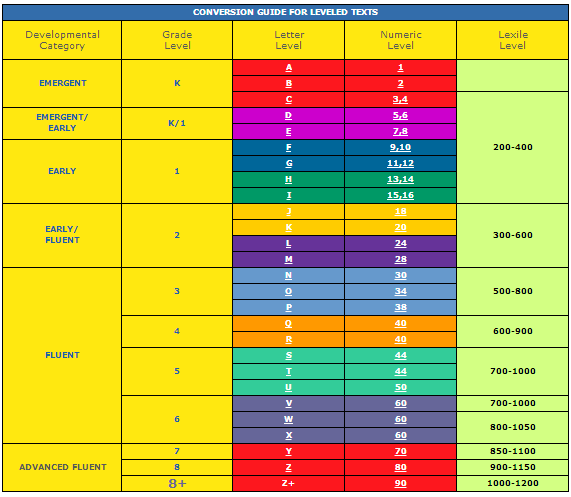 ” But what exactly does Lexile Framework, Guided Reading Levels (GRL), or Developmental Reading Assessment (DRA) actually mean?
” But what exactly does Lexile Framework, Guided Reading Levels (GRL), or Developmental Reading Assessment (DRA) actually mean?
Additionally, if your child is just starting to read on their own (or already reading independently) and is learning from home, how can you figure out what reading level is right for them? If any of these thoughts have crossed your mind, you’ve come to the right place.
We’re here to answer your questions so you and your child can sit down and enjoy a good book together!
What Is A Reading Level?
A reading level is simply a measure of your child’s ability to read text. It reflects how well your little one can read independently. Importantly, reading levels help you choose books that are a good match for your child while still presenting a challenge.
Keep in mind these levels are meant to be helpful, not stressful. They don’t limit your child, but, rather, help them blossom into a fluent, excited reader.
When your child reads books that are appropriate for their current reading level, it boosts their confidence so they can truly enjoy reading! Also, knowing what level your child is at allows you to work with them to improve their skills.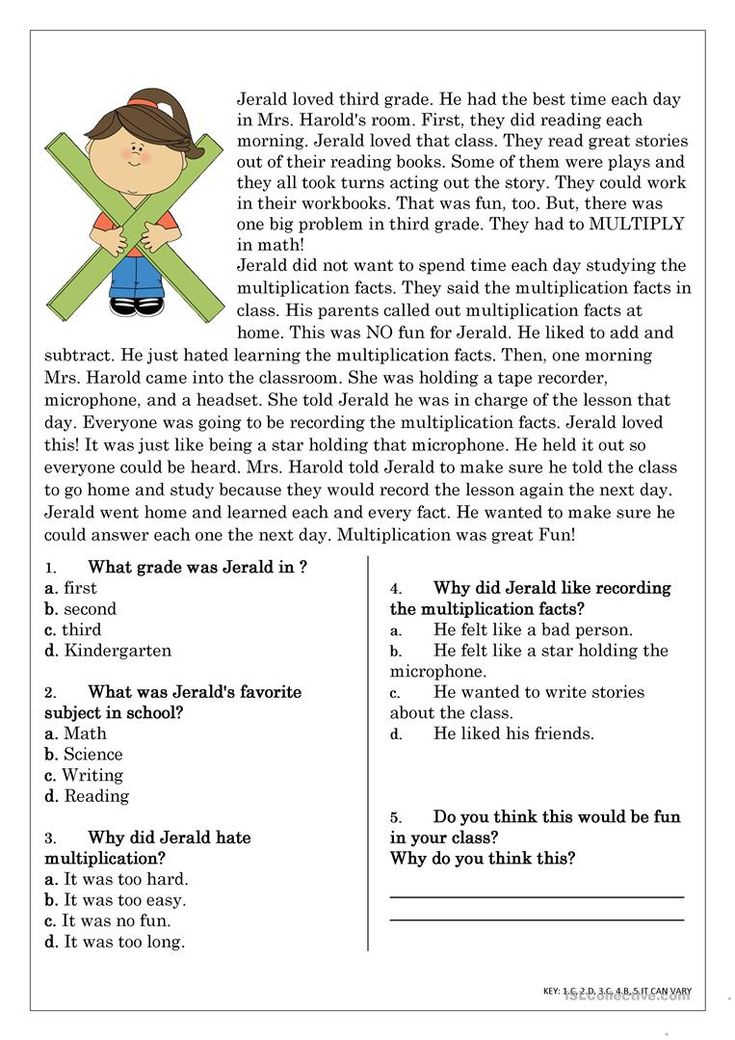
That being said, it’s important to remember that children are unique and develop differently. Comparing your child to their peers isn’t necessarily the best approach when trying to assess their reading ability.
Why Is Determining Reading Level Important?
It’s helpful to determine your child’s reading level so you can find books that are appropriate for them to read on their own: not too difficult but challenging enough to encourage growth.
Reading level classification is a convenient tool you can use when searching online or at the library. And when you provide books that are on your child’s level, you create excitement and build their confidence, which can lead to a lifetime love of learning and reading!
If you’re looking for ways to help your little one read at the best level for them, Our new app HOMER Learn & Grow has a Stories section that gives age-appropriate story recommendations!
This is a great resource that takes your child’s specific interests and recommends stories just for them.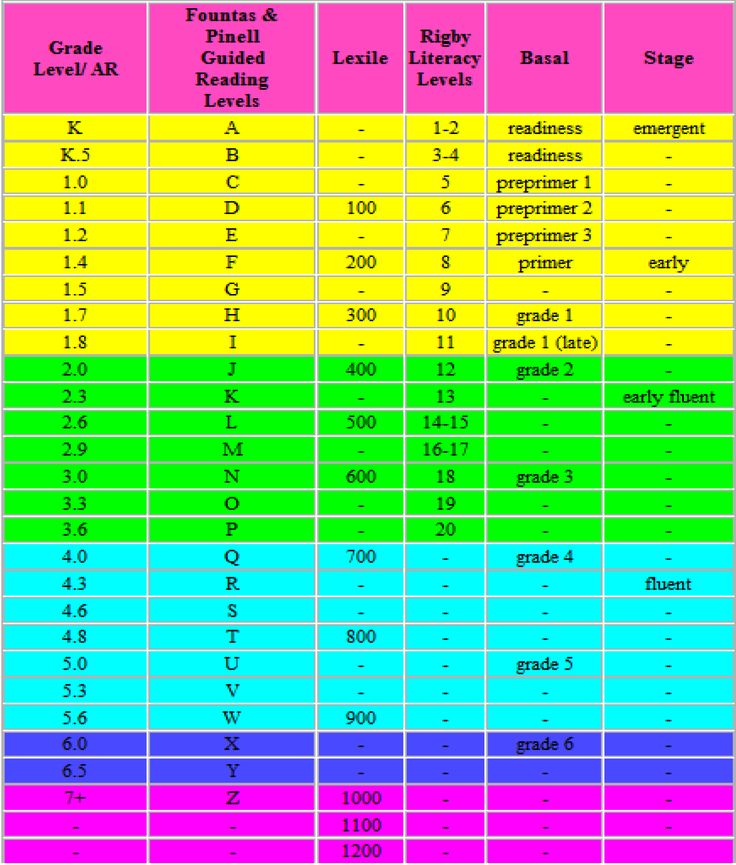 What’s more, your child can choose to read along or read on their own.
What’s more, your child can choose to read along or read on their own.
How Is Your Child’s Reading Level Measured?
Your child’s reading level is usually measured at their school in first or second grade, and we’ll show you how that’s done. Here’s a tip: since your child’s teacher knows their reading level, consider asking the teacher (or the school librarian) for books your child can read at home.
Don’t worry if your child isn’t in school yet or if they’re homeschooled. We’ll show you how you can measure their reading level at home, too!
Before we dive in, it’s important to note that we think of books for kids at three levels: independent reading, instructional reading, and frustrating to read.
As the names indicate, independent reading books are ones a child can read with ease and without support from an adult.
Instructional ones are the books just above independent that teachers might use to stretch a child’s reading as they offer support while the child makes that next step.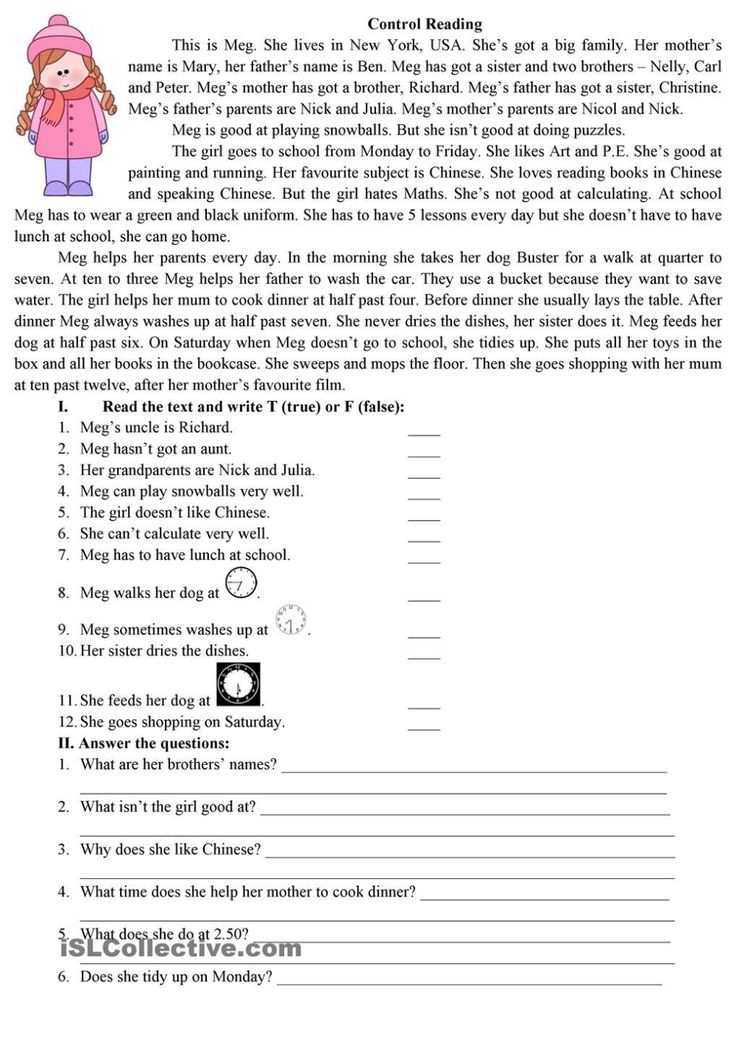 Finally, frustrating books are too hard for a child to read even with adult guidance.
Finally, frustrating books are too hard for a child to read even with adult guidance.
Now that you have an idea of how to think of the different books your child might encounter, let’s talk about the tools used for determining or describing reading levels.
Lexile Framework For Reading
Lexile Framework For Reading is an educational tool that ranks books by order of their difficulty using a scale called a Lexile. Usually, your child’s teacher will determine their Lexile reading level and then choose books that have a matching score.
The Lexile score, or measure, describes your child’s reading ability and matches them with books and other reading materials. This measure ranges anywhere from 0L to 2000L.
Kids are encouraged to read within their Lexile “range” — 50L above to 100L below their actual level. For instance, if your little one is reading with a Lexile measure of 500L, they would read books ranging anywhere from 400L to 550L.
Using standardized assessments, schools will often measure a child’s reading level several times a year to help them select books that are appropriate for independent reading.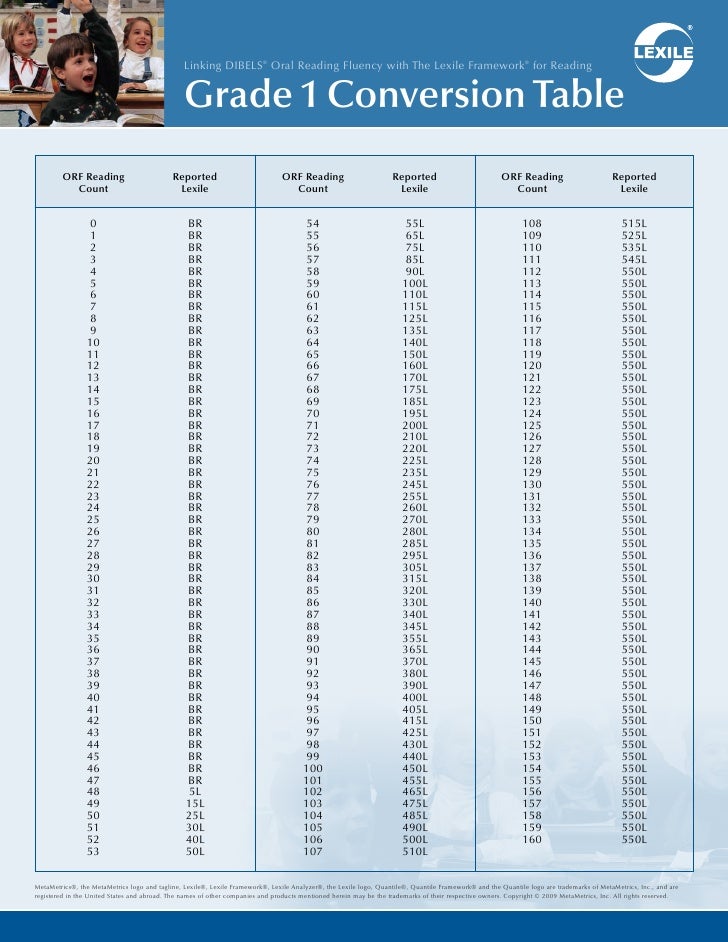
Guided Reading Levels (GRL)
GRL is a guided reading system used in some schools.
To determine reading levels using GRL, children sit one-on-one with their teacher and read from a book that’s considered standard for their grade level — a “benchmark” book. GRL books range from A to Z with A being the easiest.
While reading these books, the teacher will take notes on any missed words and ask comprehension questions, such as, “When did the story take place?” or, “What was the problem in the story?”.
Through guided instruction, the teacher will gradually move children into more difficult books.
Developmental Reading Assessment (DRA)
DRA is a standardized reading test given by teachers or reading specialists. As with GRL, children sit individually with the test administrator and read a book.
Several factors are taken into consideration to determine reading level, including:
- Reading comprehension
- Phonemic awareness
- Fluency
DRA books are labeled with an A for the easiest books and then move into a numerical grading system.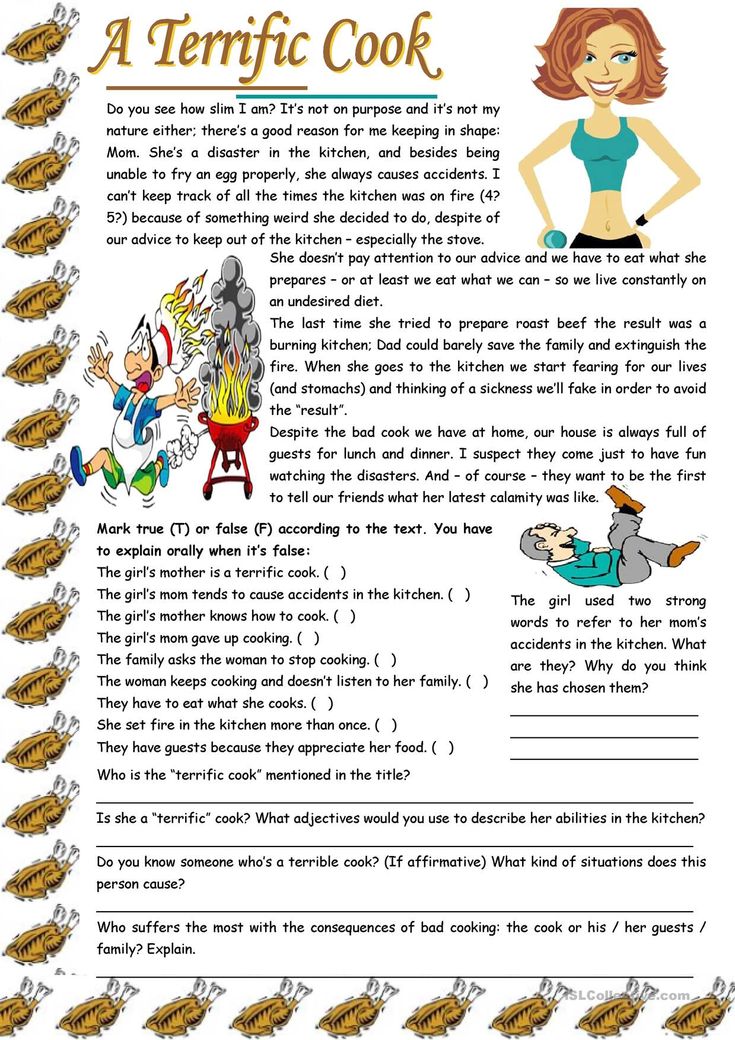 The levels range from 1 to 80 with 1-3 representing a kindergarten reading level and 80 representing an eighth-grade reading level.
The levels range from 1 to 80 with 1-3 representing a kindergarten reading level and 80 representing an eighth-grade reading level.
Once a child has a DRA or a GRL level, a teacher or parent can search for the reading level of any particular book and can usually discover either the Lexile, DRA, or GRL of that particular text. Here’s a chart for your reference.
At-Home Reading Levels
If you’re looking for a way to find out your child’s reading level without using any of the methods listed above, you might try the five-finger rule.
For the five-finger rule, choose a book and flip to any page. If your child seems to have trouble reading more than five words on the page, it’s a good indicator that the book is too advanced for them.
To be sure, though, you can have your child try another page, especially if they seem eager to read a particular book.
This can be a helpful strategy, but it’s OK to let your child try a book and see how the reading goes. If a book is too hard, most kids will figure that out — and there is nothing wrong with reading books that are too easy!
If a book is too hard, most kids will figure that out — and there is nothing wrong with reading books that are too easy!
Sometimes a child may be interested in a book that’s a little too hard for them. If this happens, we encourage you to read aloud to your child. You can also read together by alternating pages, paragraphs, or sentences.
It’s important not to completely avoid books that may be a little above your child’s reading level.
Even if your child struggles a bit to read them without assistance, these books can still be beneficial in helping build their vocabulary, improve comprehension, and increase general knowledge — not to mention, encourage their love of reading!
When your emerging reader seems overwhelmed by one book, you can always give the five-finger rule a try with other books until you find the right match. And if your child is particularly interested in a topic, you can always read the book to them and stop on words you know they can read.
Also remember that when a child is really enjoying a book and highly motivated to read it, they will read at a higher level than if the material is not as interesting to them.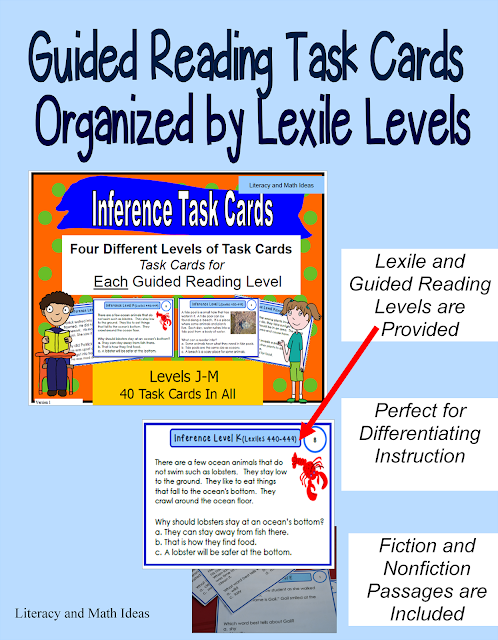
Tip: Most libraries and bookstores have books arranged by reading level so you can easily choose the best one for your emerging reader!
Feel free to ask librarians and knowledgeable staff at bookstores to offer suggestions. You could even say something like, “My child happily read a Clifford book; can you suggest others at the same level?”
How To Help Your Child Become A Stronger Reader
As we mentioned earlier, you can easily determine your child’s reading level at home so that you can help them choose books that are just right! We suggest incorporating some of the tips below to help your child become a stronger reader.
Start With Clues
- Is your child using “sounding out” techniques to figure out unknown words?
- When your child reads, are they getting tripped up by sight words — common words that are hard to sound out?
- Is your child using pictures to help them understand what is written on the page?
- Is your child using context clues to figure out what word makes sense to come next as they read sentences?
Check Vocabulary
- Play games with your child to see what words they know.
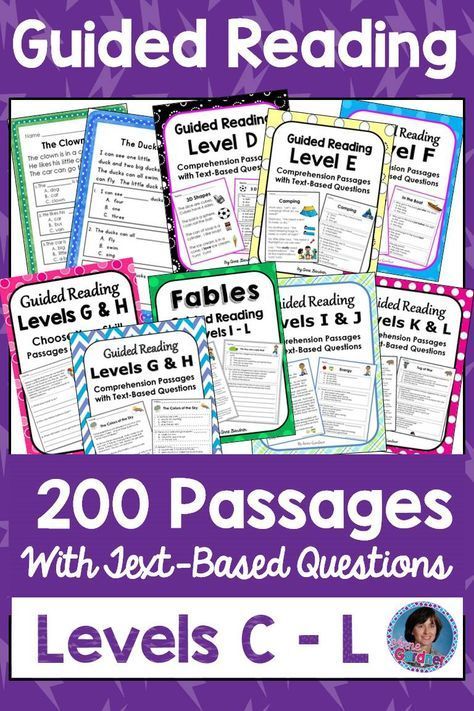 For example, say a sentence and point out one word in the sentence. Then ask them if they can come up with a different word (synonym).
For example, say a sentence and point out one word in the sentence. Then ask them if they can come up with a different word (synonym). - Play synonym games to see what words your child knows. For example, challenge yourselves to think of 10 or more ways to describe speaking (shout, whisper, mumble).
While you’re talking with your child, describe something specific from your day. Make sure to use interesting adjectives, and don’t hold back from using sophisticated vocabulary when talking with your child.
You can help your child’s vocabulary grow through day-to-day conversations and activities!
Ask Comprehension Questions
Understanding what they read is an important part of your child’s reading journey.
- To check for reading comprehension, we suggest pausing every other page to talk about what you’ve just read. Make this a natural reaction to the story, like you’re thinking aloud about the story or characters, so that it doesn’t feel like a test.
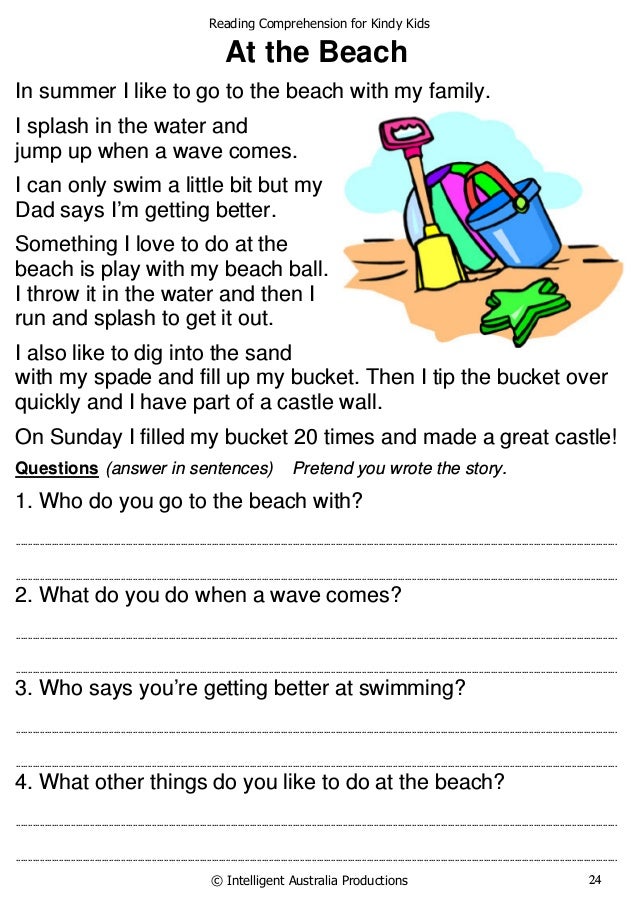
- Consider encouraging your child to act out and retell the story (for younger children).
- Try discussing themes/lessons with your child (for older children). Remember: this isn’t a test, but a conversation between book lovers!
Talk To Your Child
When most people implement strategies to help their children improve their reading skills, they often forget about the importance of verbal communication. It’s essential to talk to your child frequently in short and simple sentences.
This includes singing songs, telling them wonderful stories, reciting fun nursery rhymes, and describing the world around them. All of this exposes children to lots of different words. It also helps them learn that language is a powerful tool for communication.
Discover Your Child’s Favorite Books
- Children often choose books that are a little below their actual reading level. At home, this is a good thing. It keeps reading fun and exciting!
- We recommend choosing books that interest your child — with a certain character or activity they like — so they’re curious and excited about reading.
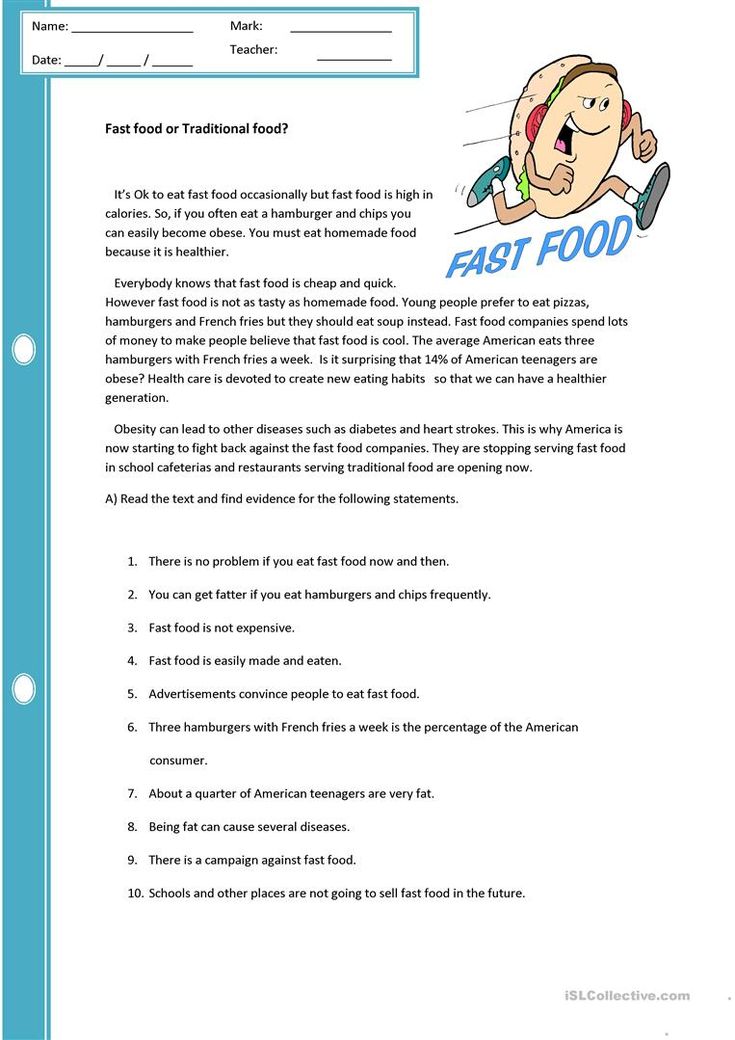
Reading books your child enjoys together can encourage their love of reading. And letting them read those same books to you can boost their confidence over time.
Together, these two activities increase your child’s fluency and reading enjoyment!
Create A Reading Corner
Establishing a reading corner in your house can benefit your child. The setup doesn’t need to be elaborate. This can be a simple, quiet, private area where your child can confidently read independently or with you.
It’s also great for the spot to be well-lit and filled with lots of books your child enjoys reading.
Is Reading The Same Book Over And Over OK?
Just like you might pick up an old favorite book to read, your child may do the same, and that’s OK! At least you know they’re enjoying a good book and the process of reading!
Rereading books can have many benefits for a child, including:
It allows children to get more from the text. Have you ever developed a deeper understanding of a story after rereading it? That’s because the more you engage with a story, the more you can take away from it.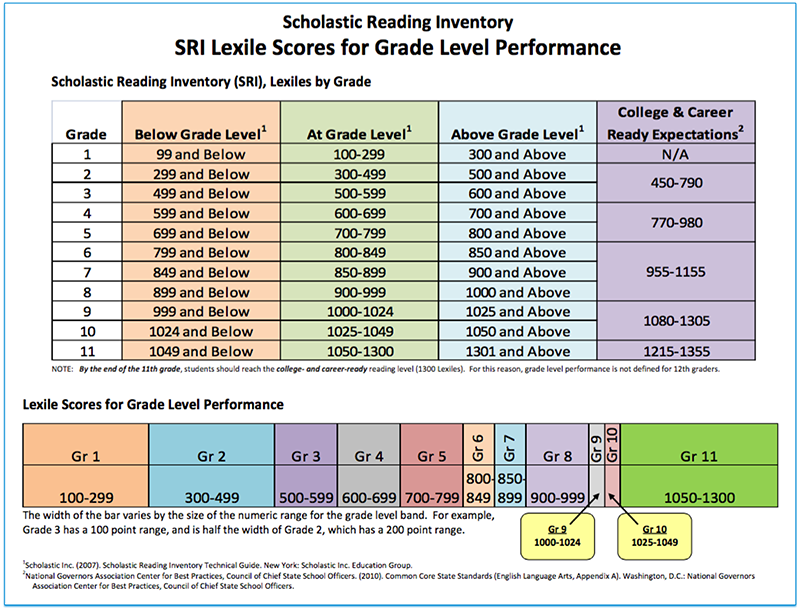
You can pick up on new information, establish connections between yourself and some of the characters, and even improve your understanding of the overall story.
Similarly, allowing your child to read their favorite books for the second, third, fourth (or more) time will enable them to get more from the story.
It also allows for bonding. Did you know that rereading books can help bring your family closer together?
Many of us remember a couple of books that our family read together regularly. This can be a holiday book or a favorite story. Rereading is a great way to get the whole family involved, as everyone can take turns reading and connecting on the same story.
What’s more, reading familiar books can actually help develop a young reader’s fluency. It allows them to learn the words and helps them become familiar with narrative structure or storylines (i.e. beginning, middle, and end), which builds reading comprehension later on.
So feel free to let your child choose the same book over and over!
FAQs About Reading Levels
What Reading Level Should My Child Be In Each Grade?
It’s challenging to answer this question because each child is different and will naturally develop at their own pace. For example, just because your child’s friend has started reading fluently doesn’t mean your child will be able to do that yet.
For example, just because your child’s friend has started reading fluently doesn’t mean your child will be able to do that yet.
While no parent wants their own child to be a little behind compared to their peers, putting too much pressure on them to “catch up” might actually have an adverse effect. In fact, they might feel overwhelmed by the pressure and develop a negative attitude toward reading.
It’s also important to note that there’s no direct link between a certain Lexile measure and a specific grade level. When using any of the reading level measures we mentioned, remember that they are an estimate of a child’s performance and shouldn’t be interpreted literally.
Also, if you’re really concerned about your young learner’s development, you can always address those concerns with their teacher or another professional. They can offer tips and advice on how to best work with your child.
Finally, remember to be patient and positive no matter what. With lots of time and effort, your child will develop a lifetime love of reading!
Who Can Help Me Choose Books That Match My Child’s Reading Level?
The best place to start is to consult your child’s teacher.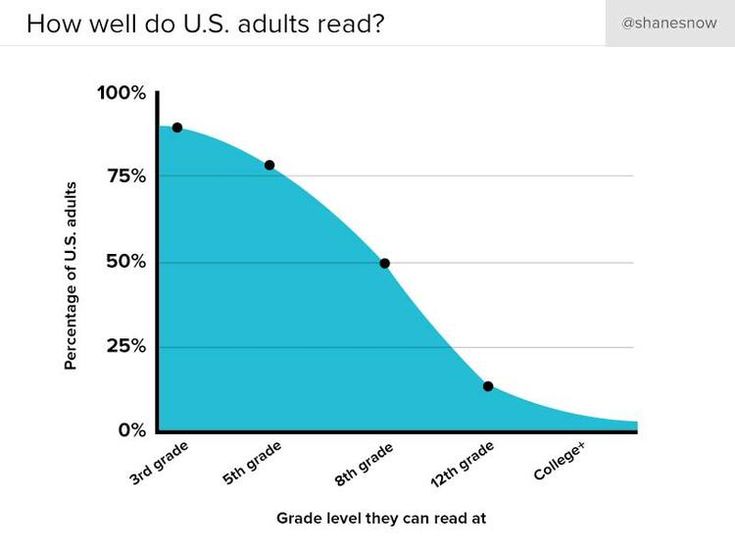 They will have the expertise to guide you in buying the right books for your child.
They will have the expertise to guide you in buying the right books for your child.
It’s also possible for you to look up most books online and find their reading levels. Furthermore, for beginner readers, there are publishers who label books in stages with age and/or grade suggestions attached.
If you’re homeschooling, you can also reach out to your local librarian or bookstores. As people who spend each day surrounded by books, they often have knowledge on this topic and may be able to recommend a few relevant books in your child’s reading level.
What If My Child Is Reading At A Lower Level?
The last thing a parent wants to hear is that their child’s reading level isn’t on par with their peers. But what can you do if, from the assessment used at your child’s school, you find out that your young learner is reading below the average grade level?
Firstly, it’s important not to panic. As mentioned earlier, kids develop reading skills at different stages of their development.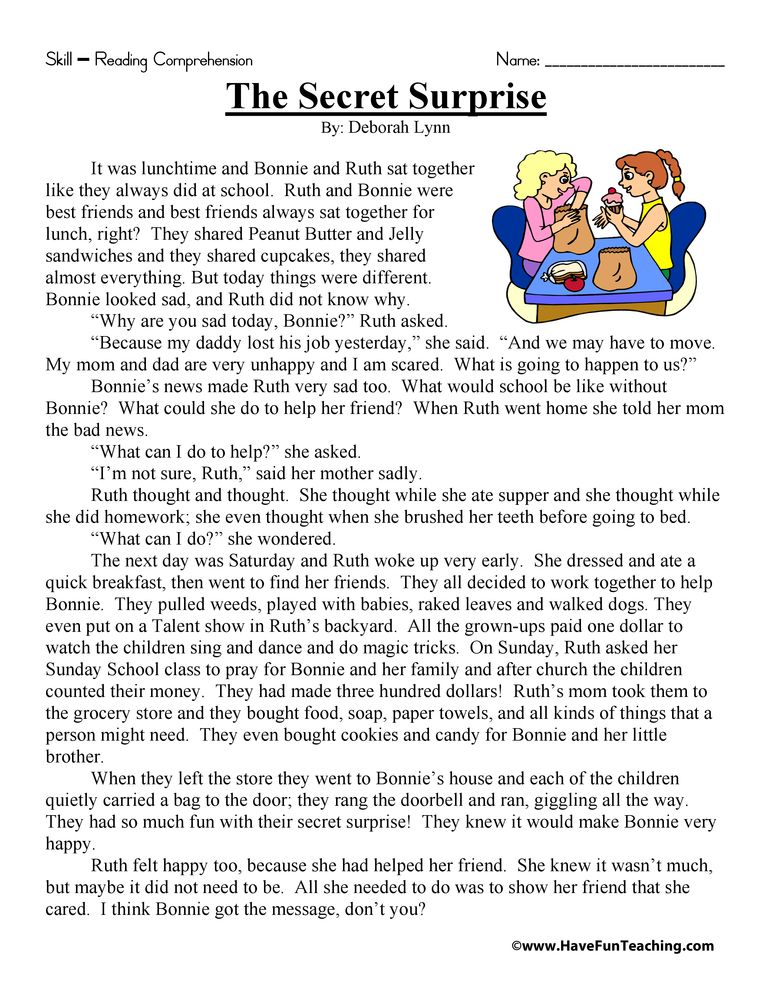 Some children might be early readers, while others may take time to get there.
Some children might be early readers, while others may take time to get there.
The most effective way to help your child improve their reading level is by continuing to encourage reading at home. While reading, remember to discuss the content to ensure comprehension.
Reading For Fun
From assessments to the five-finger rule, determining reading levels varies across the board. No matter which method you choose, remember these measurements are meant to be helpful and encouraging, not stressful and limiting.
Keep this in mind when assessing your young learner. You don’t want your child to sense any stress about their abilities, as this might overwhelm them and have an adverse effect on how they view reading.
While reading is an essential early learning (and lifelong) skill, you want your child to LOVE reading and not only view it as a test of their intelligence.
At the end of the day, the way reading makes your child feel is more important than their reading level.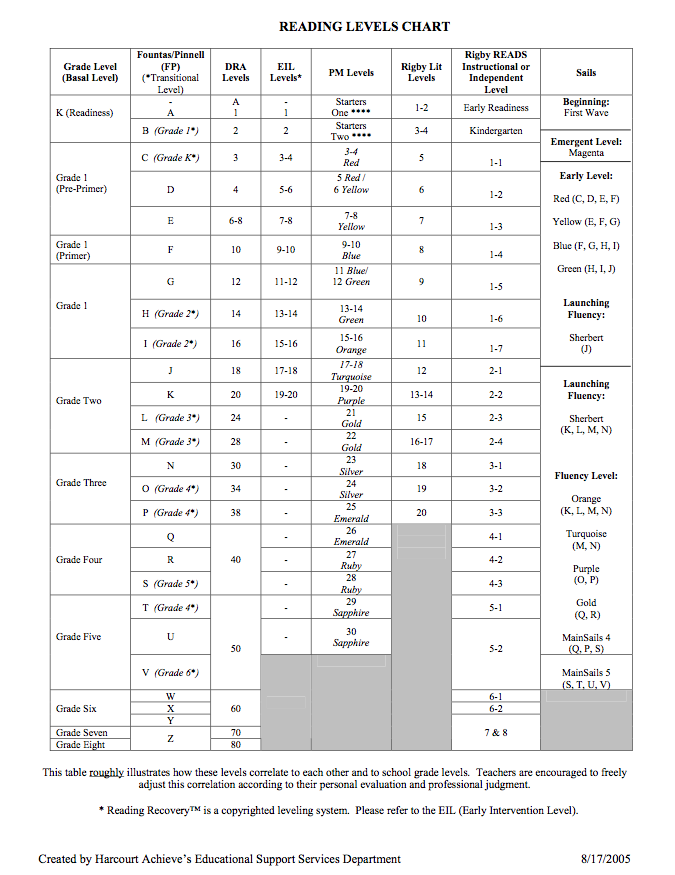 Each child learns in a way that’s special and unique to them.
Each child learns in a way that’s special and unique to them.
The HOMER Road To Reading
The road to discovering how to read can be a fun ride, but sometimes it’s bumpy. This is why we’re more than a learning program. We’re your learning partner.
If you’re looking for a resource to help develop your child’s love of reading and learning, consider taking a look at the HOMER Learn & Grow app. It’s full of stories curated based on your child’s interests!
When your child develops a love for reading, they’ll move up to the next level before you can say “Developmental Reading Assessment”!
Author
TOP 14 Best Books 📗 in English for Beginners
Why is it important to read books in English
When we read, our brain works hard. Even the shortest, medium-sized article in the native language is a good warm-up for the human brain prone to idleness, accustomed to shirking and pretending to be busy.
And reading books in English is no longer just a warm-up for the brain, but a real strength training with bench press and the rest attached. In addition to the fact that reading itself increases memory capacity, develops communication skills and imagination, reading books in English is useful for the following reasons:
Vocabulary is growing. Cramming foreign words is not a very effective exercise. But when we memorize words in context, we are more likely that at the right moment that very phrase or expression will pop up in our head. The more English words you see, the better - something will surely be remembered. How to do this simply and fun, we will tell a little later.
The passive vocabulary is activated. The set of phrases that you use constantly and remember which is not difficult for you is your active vocabulary. Reading will help bring the passive reserve into working condition - these are the phrases, words, expressions that gather dust on the mezzanines of your RAM.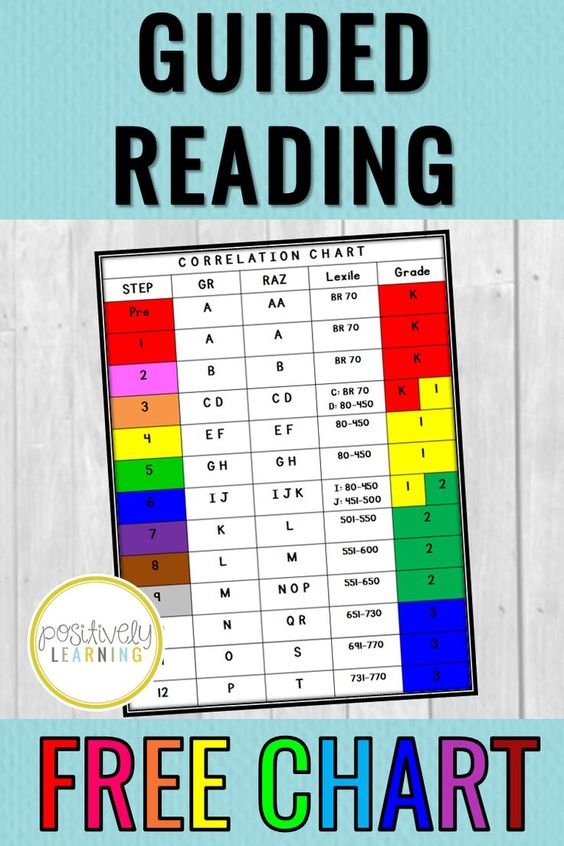 Thus, your speech will become more diverse, and the list of possible topics for conversation will expand significantly. nine0005
Thus, your speech will become more diverse, and the list of possible topics for conversation will expand significantly. nine0005
Writing skills develop. When we read, our visual memory turns on. It is she who is responsible for spelling - you remember how the English word is spelled correctly and automatically repeat it in the same form in writing.
Grammar is being pumped. For beginners to learn English, tenses and passive constructions of the language may not be given as much as you like, but once you start reading, you will not leave them a chance. Your brain "reads" grammatical structures from the text, and you absorb them more naturally. nine0005
Pronunciation improves. Pronunciation is often neglected. All forces are thrown at grammar and vocabulary, and the pronunciation remains “from rush visa lave”. It would be nice to take care of that right away.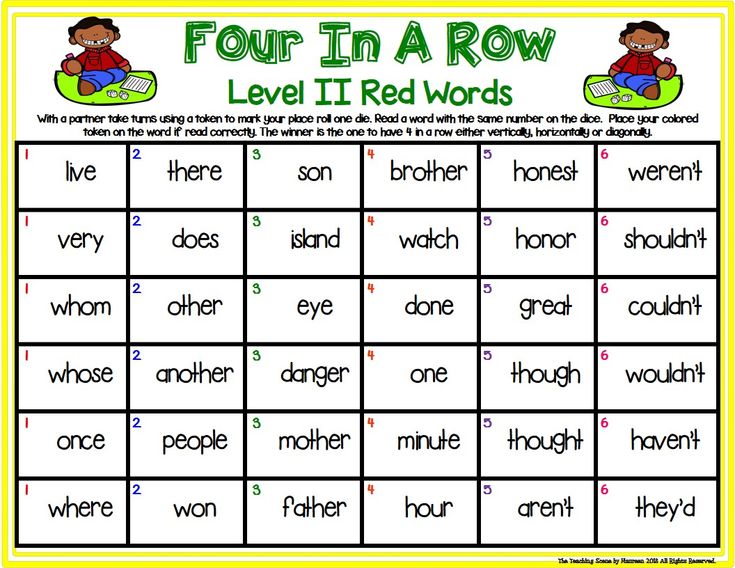 Reading English literature aloud will give you confidence in speaking. There are many books for beginners with additional audio materials on sale: after listening to the recording, try to repeat the intonation and nuances of pronunciation. Before you have time to look back, you will speak no worse than any "native". nine0005
Reading English literature aloud will give you confidence in speaking. There are many books for beginners with additional audio materials on sale: after listening to the recording, try to repeat the intonation and nuances of pronunciation. Before you have time to look back, you will speak no worse than any "native". nine0005
Increased self-esteem. There is no feeling that can be compared to when you finish reading your first book in English. Pride in yourself and understanding that much in the world is inaccessible without knowing English can become a strong motivation from the first to the last page.
Find out what professions of the future will suit you
Take the test and we will show you who you can become, and we will also send you a detailed guide on how to realize yourself right now
How to read in English: life hacks
To keep your interest in reading in English at the very beginning, follow a few simple guidelines.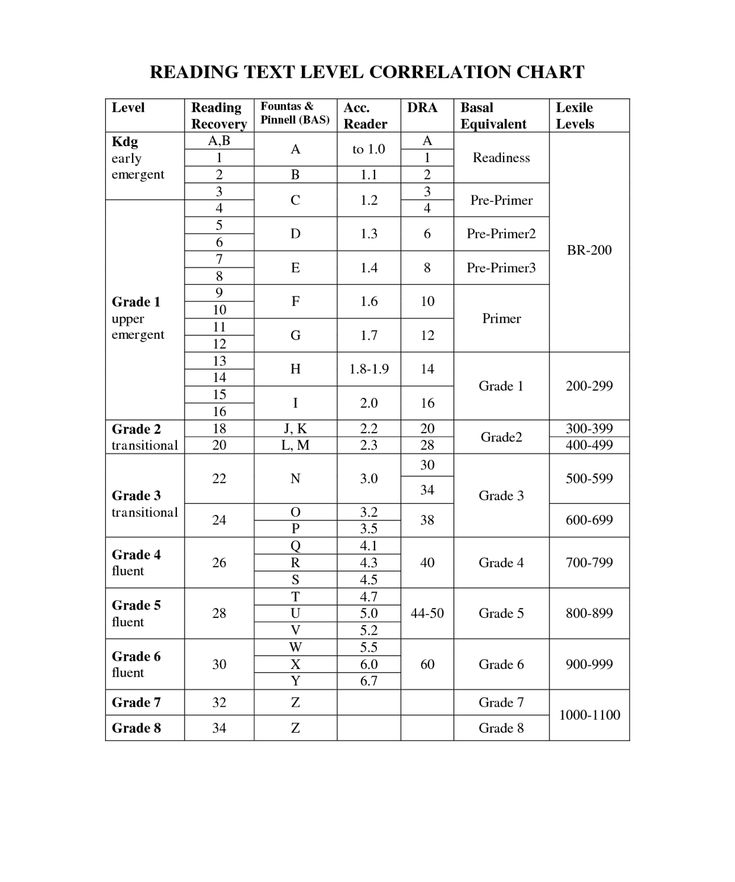 These simple rules will help you make the reading process easier and more efficient.
These simple rules will help you make the reading process easier and more efficient.
1. The most important step is choosing the right book. Remember, a simple book does not mean at all - uninteresting. Here it is important to honestly assess your level and choose the appropriate book. It is better if the first book is as simple and understandable as possible - do not take up Ulysses right away, it is better that at the very beginning it was more interesting than difficult for you. Choose adapted literature for beginners - such books are specially published for those who begin to learn the language. They come with a translation, a dictionary and, sometimes, audio materials. Great book choice for first time readers! nine0005
2. Set a reading schedule. Who among us has not heard “better more often, but less than once a week, but two hours at once”? So, this really works. Read every day for 20 minutes - so you do not hate the book after the first hour and a half reading session, and the efficiency will only grow.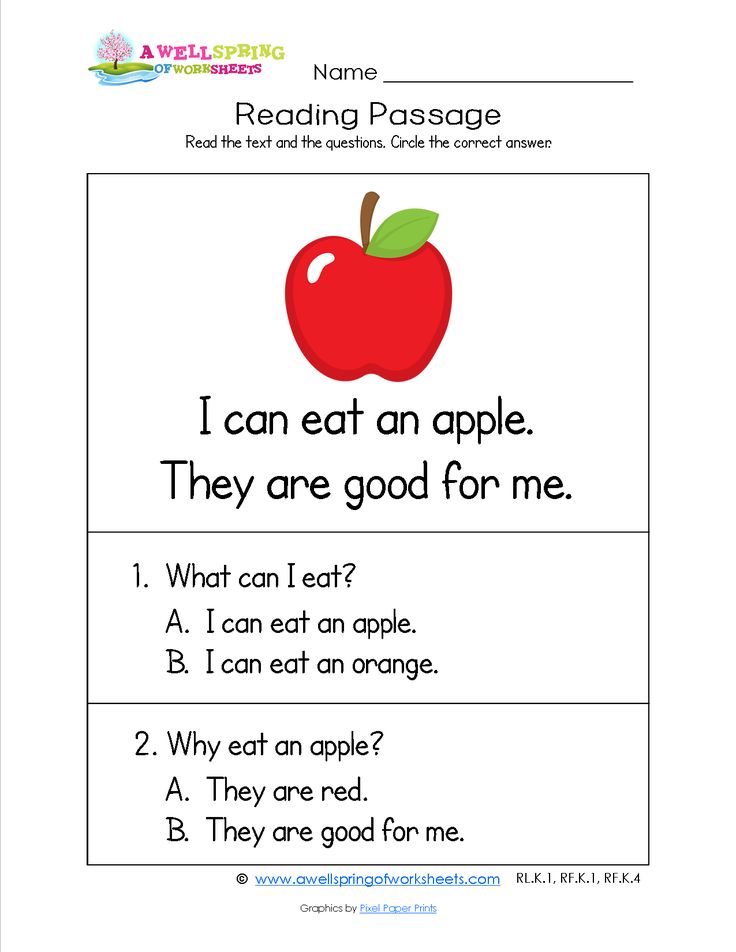 Start a timer. At first, read strictly for no more than 20 minutes - this method will help you quickly move forward at your comfortable pace.
Start a timer. At first, read strictly for no more than 20 minutes - this method will help you quickly move forward at your comfortable pace.
3. No dictionary. nine0010 If you have chosen the right book, and it fully corresponds to your level of English, there should be no need for a dictionary. Effective reading begins when the meaning of unfamiliar words is guessed from the context. Guess, guess, err, go back and guess again. But. None. Dictionaries.
4. Write out phrases, not single words. Memorize the whole phrase from the sentence, not individual words. From now on, context is your best friend. nine0005
5. Retell. This ancient practice goes back to the Druids and turns Elementary into Intermediate faster than an American can say a Russian tongue twister. After every 20 minutes of reading, summarize everything with a retelling.
6.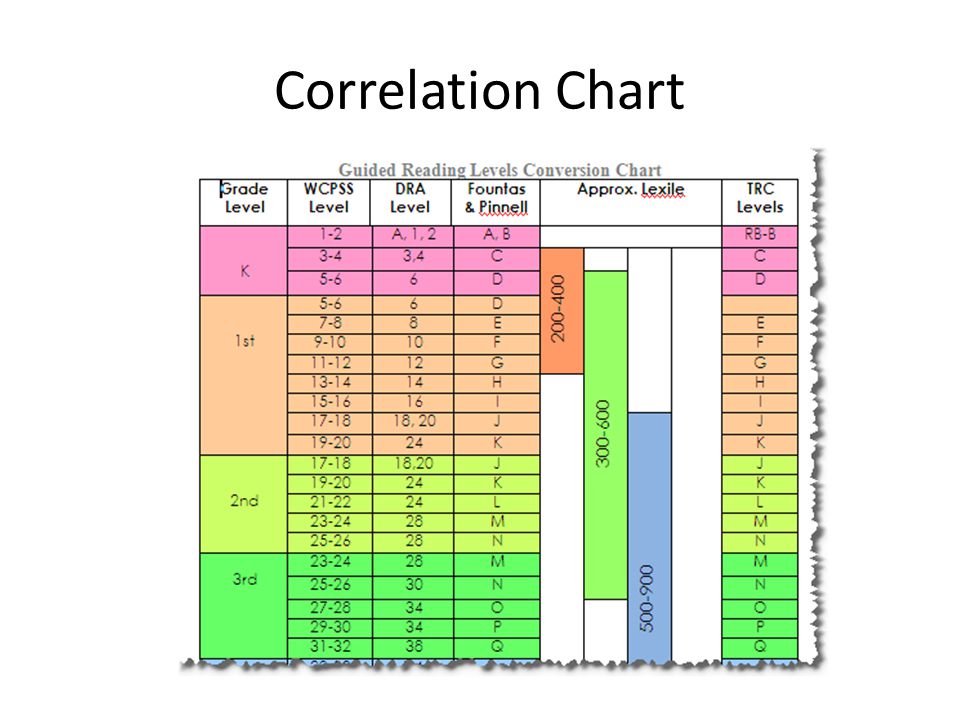 Reinforce with listening. If the text is not only read, but also listened to, you will achieve maximum efficiency from the process. Get as much out of the book as possible.
Reinforce with listening. If the text is not only read, but also listened to, you will achieve maximum efficiency from the process. Get as much out of the book as possible.
New material is easier to learn when there is constant practice. Come to English language courses for teenagers and consolidate your knowledge in practice! nine0005
How many English words do you already know?
Let's define your vocabulary - without complex questions and with the help of smart algorithms.
List of the best books to read in English
You can read not only fiction. Reading articles, magazine columns, newspapers, and even user manuals is also helpful and effective. But for those who are just starting to learn English, it is better to opt for fiction.
Even if you are not a reader in principle, it will not be difficult for you to find a book for beginners that will be of any interest to you. The choice among fiction is great and inexhaustible: children's fairy tales, fantasy, detective stories, bestsellers, immortal classics, biographies, memoirs.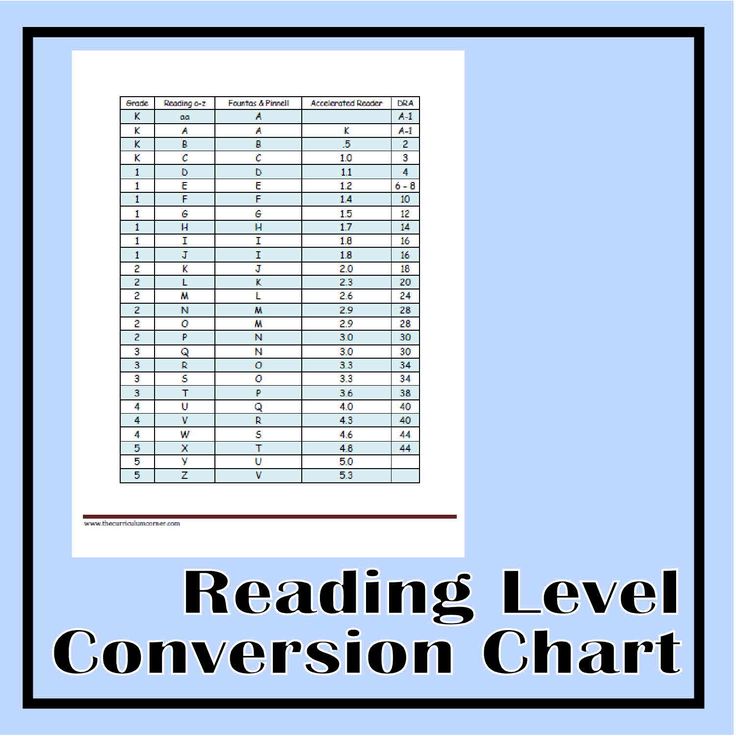 nine0005
nine0005
You need to progress in reading according to the level of the language: the higher the level, the more difficult the book. Start with an easy, adapted book, and when you feel ready to move on to more difficult books, choose from a variety of options according to your interests.
The variety of genres at the middle level is slightly higher than at the previous one. However, all the rules for effective reading at this level remain the same. The advanced level assumes that you are already "on you" with the chosen book, and you have access to the world of great literature. nine0005
Of course, there are a lot of rules and recommendations, but here's the most important thing: remember that reading is the most enjoyable and exciting way to learn a language. Don't treat books like hard work. Read with pleasure.
Level of difficulty for beginners
For beginners, there are many interesting books in English. Here are four books that you will definitely be interested in reading.
Here are four books that you will definitely be interested in reading.
1. Anne of Green Gables by Lucy Maud Montgomery. "Anne of Green Gables", Lucy Maud Montgomery. nine0010
A novel by a Canadian writer about Anne with two n's: a red-haired girl adopted by a single brother and sister who live on a farm. Touching, exciting, full of funny and exciting moments, a book about love, honor, growing up, friendship. In total, three novels have been written about different periods of Anya's life: from the most tender childhood to blossoming maturity. By the way, Netflix released the series "Ann" based on the novel - it will be great to read the book first, and then watch the film adaptation.
Source: Anne of Green Gables
2. Tracey Beaker's Diary by Jacqueline Wilson. "Starring Tracy Beaker", Jacqueline Wilson.
Perhaps all the books of this writer deserve to be read.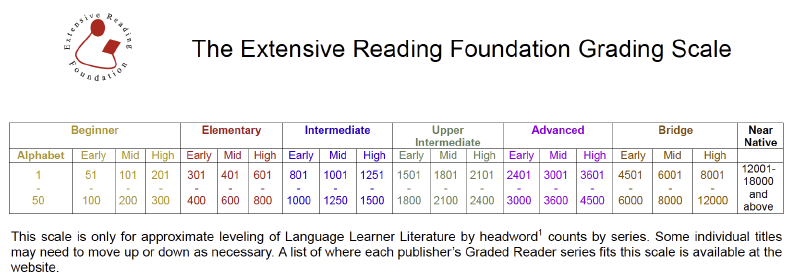 She writes about English teenagers, their problems, family relationships. Not only a child, but also any adult will find it useful and interesting to read Wilson with her sharp humor, sharp phrases and really related topics.
She writes about English teenagers, their problems, family relationships. Not only a child, but also any adult will find it useful and interesting to read Wilson with her sharp humor, sharp phrases and really related topics.
For a language beginner, Jacqueline Wilson's books are just a gift. Easy language, an abundance of colloquial phrases, idioms and a plot that you can't tear yourself away from. Tracey Beaker's diary is Jacqueline's star book. The quintessence of humor and unique author's style. By the way, based on Tracy Beaker, a series was shot, the characters of which speak in simple language. Try to read first, and then get acquainted with the film adaptation. nine0005
Source: Tracey Beaker's Diary
3. No such list is complete without Lewis Carroll and his Alice in Wonderland.
Find an edition of the book adapted for language learning according to the method of Ilya Frank - this is a text divided into paragraphs, accompanied by a translation and a dictionary.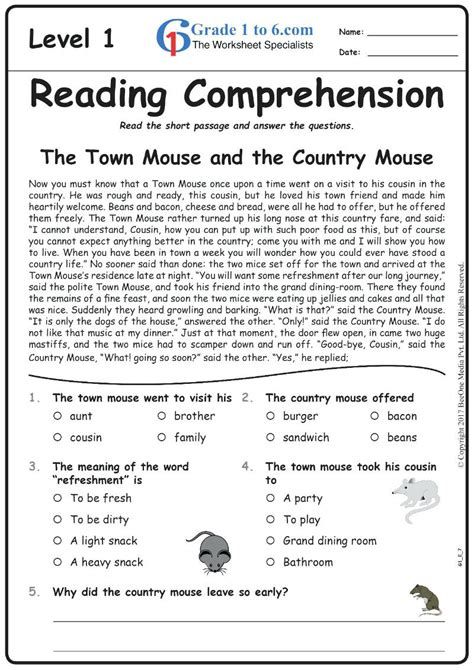 Alice is on the must-read list. Therefore, if you have only seen the film adaptation with Johnny Depp so far, then be sure to read it - you definitely won’t be bored.
Alice is on the must-read list. Therefore, if you have only seen the film adaptation with Johnny Depp so far, then be sure to read it - you definitely won’t be bored.
Source: Alice in Wonderland
4. “Three men in a boat, not counting the dog”, Jerome. K. Jerome.
“Three Men in a Boat (To Say Nothing of the Dog)”, Jerome Klapka Jerome. This book is studied in the first years of linguistic faculties and, in general, it is clear why - easy, funny and very useful for the language. You will spend the whole story on the water surface of the Thames, in a boat with the main characters. Read, watch film adaptations - there are at least two of them. At the same time, you will find out how many heroes are still in the boat.
Source: Three in a boat, not counting the dog
Demo lesson in English
Determine the level and set a goal, and then learn to speak English fluently.
Intermediate
For Pre-Intermediate and Intermediate, the choice of books in English is much wider than for beginners.
5. Catcher in the Rye by Jerome Salinger. “The catcher in the Rye”, J.D. Salinger.
A cult item. A poignant, poignant story of Holden Colfid, a child of a lost generation. A rebellious teenager who doesn't feel at home anywhere, drops out of another school and sets off to wander around winter New York. nine0005
Gets into adventures, shares his thoughts, makes the reader fall in love with himself, because each of us is a bit of Holden Caulfield. Even the classic translation of The Catcher in the Rye does not half convey the Salinger atmosphere of the novel. Reading a book in English is worth at least for this amazing sense of belonging.
Source: Catcher in the Rye
6. On the Road by Jack Kerouac. "On the road", Jack Kerouac.
Novel-journey, endless hitchhiking across the USA in the early 50s. Together with the main character, you race along Route 60 in California, spend the night under the starry sky of Colorado, meet fellow writers in New York. It seems that you are about to arrive somewhere, and the journey will end, but it still continues. nine0005
It seems that you are about to arrive somewhere, and the journey will end, but it still continues. nine0005
Source: On the Road
7. Harry Potter and the Philosopher's Stone, J. Rowling. “Harry Potter and the Philosopher's Stone”, Joanne Rowling.
That's really who does not need ideas and descriptions. Lucky for someone who has not yet read Harry Potter, and this whole amazing tale is ahead of him. And if you have already read Potter from cover to cover in Russian, feel free to proceed with the book in English. There is nothing better than immersing yourself in your favorite fantasy world again.
Source: Harry Potter and the Philosopher's Stone
8. Thirteen Reasons Why by Jay Asher. “Thirteen Reasons Why”, Jey Asher.
The cult Netflix series is based on this novel. A story that raises topical social problems in the life of adolescents around the world.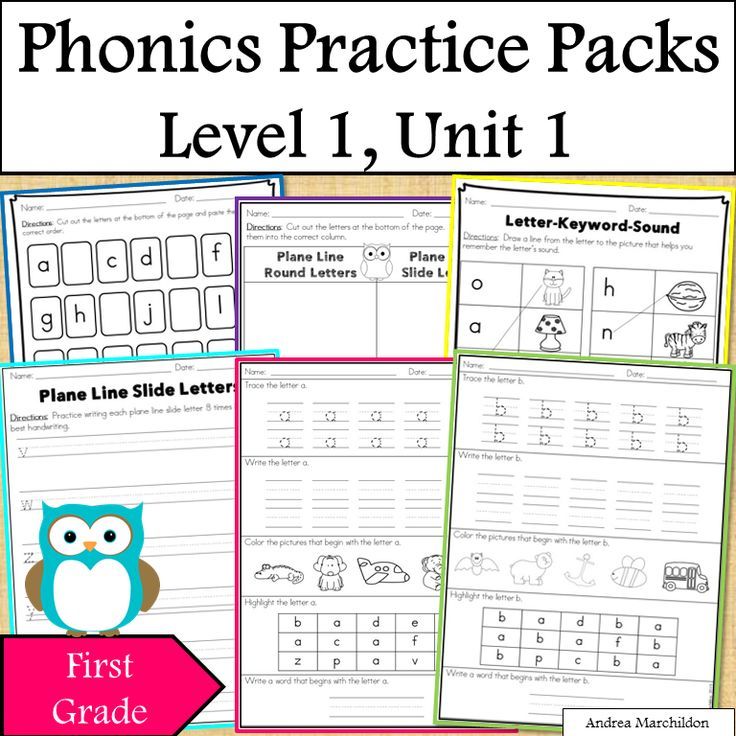 Fascinating, exciting, sometimes creepy, a book after which everyone will find something to think about.
Fascinating, exciting, sometimes creepy, a book after which everyone will find something to think about.
Source: Thirteen Reasons Why
9. Trilogy "The Lord of the Rings" by John Tolkien. "The Lord of the Rings", J. R. R. Tolkien. nine0010 As in the case of Harry Potter - a great opportunity to get acquainted with the Tolkien universe for those who are not familiar with it. And devoted Tolkienists who have mastered English at the Intermediate level will be able to plunge into it again, but already in the “true” one - that is, the original version.
Source: The Lord of the Rings
10. The Devil Wears Prada by Lauren Weisberger.
“The Devil wears Prada”, L. Weisberger. It seems that everyone has seen the adaptation with Anne Hathaway and Meryl Streep. The book in English is full of modern vocabulary, interesting phrases, idioms and constructions that you will have to rack your brains over. After this book, you will have a wealth of language material that will come in handy in any conversation. nine0005
After this book, you will have a wealth of language material that will come in handy in any conversation. nine0005
Source: The Devil Wears Prada
11. Gone with the Wind by Margaret Mitchell. “Gone with the wind”, Margaret Mitchell.
Immortal classic, epic novel about war, love and friendship. It is read in one breath, both in translation and in the original. If you still haven't heard about the brave Scarlett O'Hara, who "will think about everything tomorrow", then rather start reading.
Source: Gone with the Wind
12. One can often find classic detective stories in such lists. Not in vain The Adventures of Sherlock Holmes and Hercule Poirot. "Sherlock Holmes stories", Arthur Conan Doyle; "Hercule Poirot novels", Agatha Christie occupy a special place among adapted literature. In addition to the fact that you are probably already familiar with many plots, the simple style of presentation and the availability of a dictionary in adapted editions will add ease and pleasure.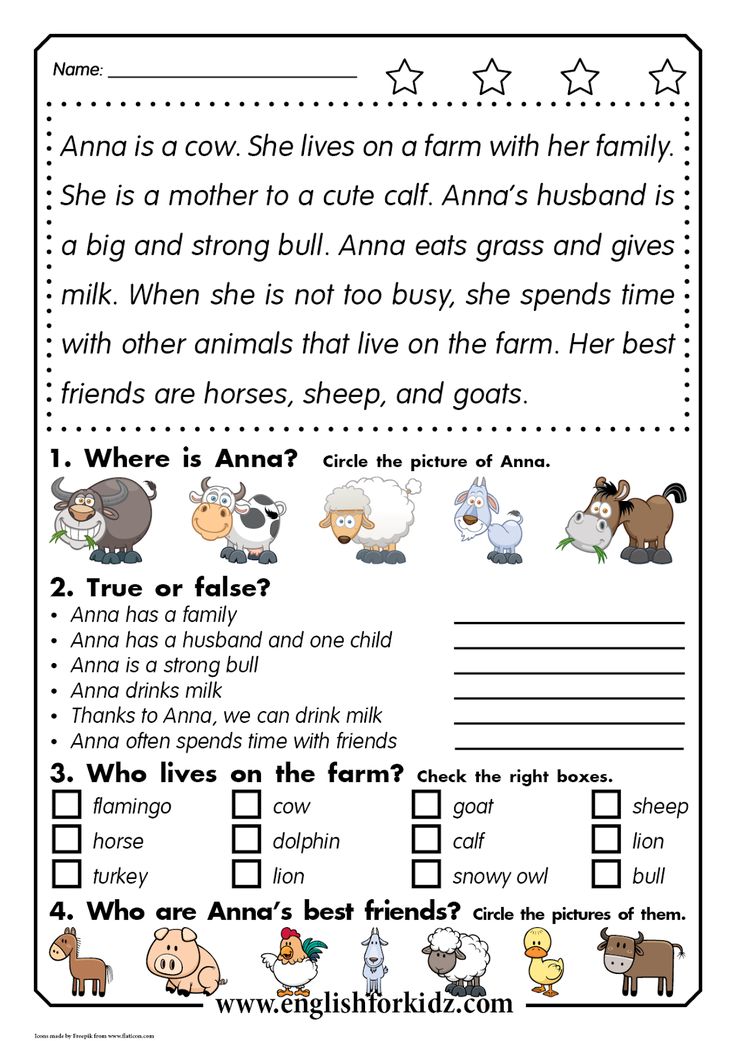
Source: Adventures of Sherlock Holmes
Advanced level
If you are already a confident upper and you have more than one book in English behind you, start reading unadapted, difficult books. Here are a couple of our favorites:
13. The Monk Who Sold His Ferrari by Robin Sharma. “The Monk Who Sold His Ferrari”, R. Sharma.
Self-made literature for those who embarked on the path of self-improvement. Practical advice on improving life from a real monk, a former businessman.
Source: The Monk Who Sold His Ferrari
reading speed. It is difficult to overestimate the "Game of Thrones", but it is worth reading. At least to reflect on the eternal question: what is cooler "Potter, Lord of the Rings or IP?". nine0005 Source: A Song of Ice and Fire Not sure what level you are? Our test will help you find out your English level! Any English-speaking child will confirm that Dr. Seuss does not give bad advice. If you love to read, but are afraid to start with a voluminous and full-bodied English novel, don't worry. Especially for educational purposes, publishing houses produce adapted books in English: for beginners, for the intermediate level, and so on. Yes, you will get a complete picture of the work of art a little later, but you can congratulate yourself on the first English book you read already starting from the Elementary level! nine0005 Reading in a foreign language enriches vocabulary, even if we ourselves do not realize it. Of course, in order to learn new vocabulary more effectively, it is better to read a book, writing out unfamiliar words and memorizing their translation. English spelling is full of mysteries and surprises. The spelling of many words defies logic: you just have to memorize. And the best way to do this is to read more English-language literature so that the images of words are stored in memory. E-books and blogs, news sites and social networking feeds: reading has reached a new level in the twenty-first century. A single information space makes it possible to learn about what is happening in the most remote corners of the world, to join the world's cultural and scientific heritage. nine0005 Listen to how you feel when you finish the last page of your first English novel: the sweetest feeling. “She reads Orwell in the original” sounds proud! Any psychologist will tell you that motivation is important when performing any task. So do not miss the opportunity to once again praise yourself, this one is not at all superfluous! :) Reading English books in the original is not only useful, but also pleasant Demo lesson for free and without registration! nine0005 Take a lesson, find out about the school and get a promotional code for English classes If you know only a few hundred words in English, pay attention to children's literature: many children's books are also interesting for adults. In addition, children's literature, as a rule, is generously provided with illustrations, which helps to understand the plot. Fun fact: the acclaimed children's writer Dr. Seuss, discussed earlier in this article, wrote his best book, The Cat in the Hat , using just 220 words. This list of the first children's words was compiled by the publisher, obliging the author to use them in his work: everything to earn the love of the target audience! nine0005 Free English-language children's books can be found on the Internet. Like children's literature, comics are a great way to start reading in a new language. There are a great many genres of comics: there are comics for children, for adults, entertaining and educational. One of the proven and effective methods of learning a new language, recommended by many polyglots, is to read books in the target language that are already familiar in translation. The same applies to film adaptations: it is useful to read the scripts of the films you have watched. Advantages: the context is known, the plot is clear, you can guess the meaning of new words in the course of the story. Reading them kills two birds with one stone: you learn English vocabulary that is relevant to you and learn new things about an important topic for you. Reading in English improves vocabulary Сontext is king (context is king)! If you have grasped the main idea of the story, that is enough. Moreover, if you understand everything you read, most likely you have taken a book of too low a level for yourself. Try to find such books where about 70% of the vocabulary will be familiar (the rest will have to be written out and learned). It may seem strange, but reading has proven to be excellent for improving pronunciation and listening - if it is reading aloud. When learning English, in which the same combination of letters can be pronounced in a dozen different ways, it is very important to pay attention to the correct pronunciation of new words. We have already written about the book + audiobook format: when reading an English-language book, you listen to its audio version, voiced by native English speakers. Very handy for learning pronunciation! nine0005 English books: read and listen A2 level - elementary level Oscar Wilde Level: elementary A piercing romantic tale of crazy love Bram Stoker Level: elementary Chilling story of eternal love and eternal damnation: this is where all the vampire sagas of our time came from. Mark Twain Level: elementary A witty and instructive story about the adventures of a poor man with a million pound note in his pocket. Richard Curtis Level: elementary Mr. Bean will always find adventure for his wild little head! The eccentric eccentric continues to amaze and amuse the reader. Books in English help develop vocabulary Oscar Wilde Level: intermediate (intermediate) What is more important, the beauty of the face or the beauty of the soul? An incredible story about a beautiful mask and the terrible essence of a person. Mr. Grey, weren't you the prototype of the hero of "Fifty Shades of Grey"? .. Level: Intermediate Christie, Poirot, detective. John Escott Level: Intermediate A book about a man whose fate makes you believe in the impossible. Book: Forest Gump Jerome K. Level: Intermediate Three cheerful friends decided to go on a trip. What came of it - read in the original. Book: Three in a boat Read English books in the original F. Scott Fitzgerald Level: Intermediate A fantastic story about a man who "lived in reverse". But you probably already watched the movie? .. 1984 George Orwell Level: Intermediate A landmark work of English literature, which must be included in the reader's arsenal of every modern person. To not have to blush in a decent society. Dewey Gram Level: intermediate This book will tell about the difficult fate of the Roman gladiator. Here's someone who had a really hard job! Richard Curtis Level: intermediate (intermediate) The best way to know the culture of a people is to study their customs. A funny, touching, slightly frivolous book by Richard Curtis tells about the love between a British man and an American against the backdrop of four weddings and, alas, one funeral. Book: Four Weddings and a Funeral Learning English by reading books in the original is interesting and fun Arthur Hailey Level: upper-intermediate Disaster novel based on real events is fascinating even after half a century. Book: Airport Patricia Highsmith Tom Ripley is a 25-year-old young man who grew up without parents in an atmosphere of hatred and fear. Is it any wonder that his attitude to the world and people is not distinguished by special tenderness? .. Tomes are a girl's best friend! Charlotte Bronte Level: advanced A classic English novel about the life of a poor orphan with remarkable strength of character, and about love that can overcome any adversity. A book dearly loved not only in England, but all over the world. Jane Austen Level: advanced Elizabeth is one of five daughters in the noble but impoverished Bennett family. She is smart, beautiful, but will she be happy? When two single gentlemen move in next door, something new enters the lives of the Bennett girls: sighs, excitement, furtive glances, secret rendezvous. TOP books in English adapted by knowledge level
Why read in the original
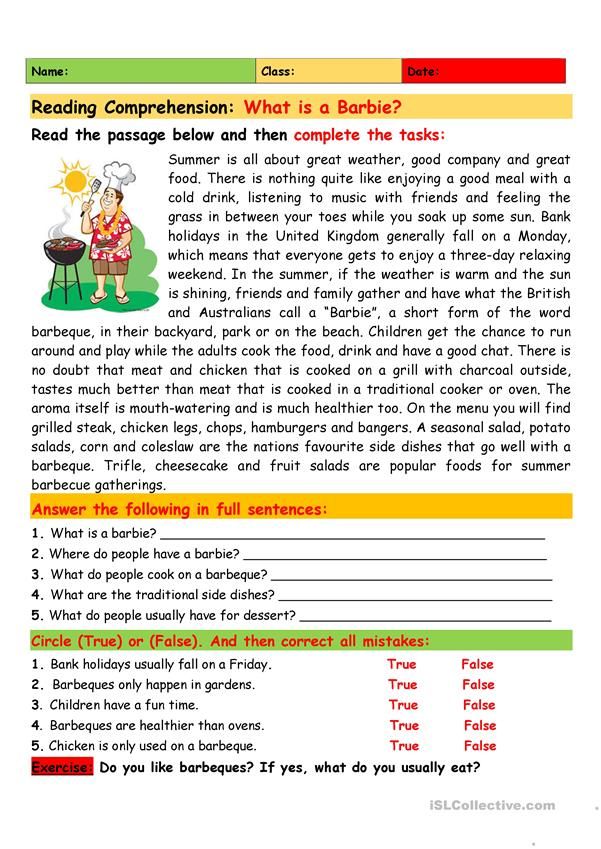
The more that you know, the more places you'll go. You can apply for training here
1. Reading in English increases vocabulary
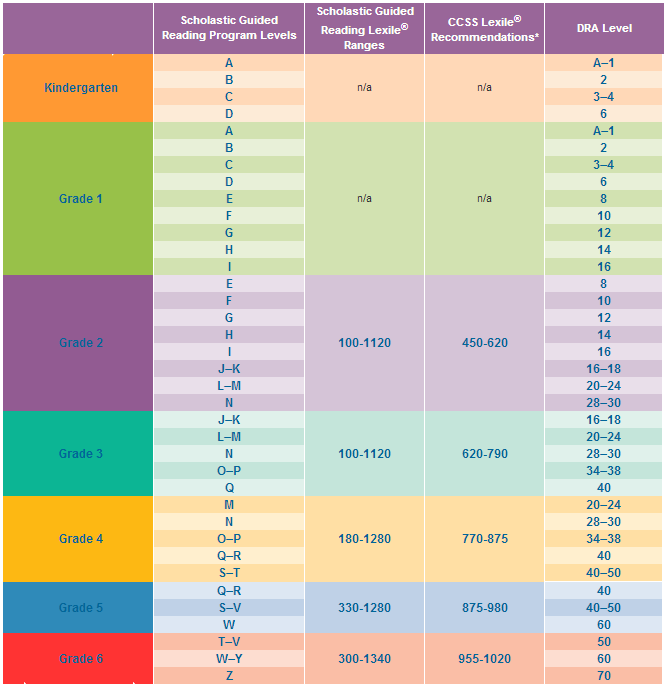 When choosing books to read, be guided by your learning goals: if you need colloquial speech, pay attention to modern “light” prose, but if you want to master special vocabulary, the most obvious advice is to read literature from the area of your professional interests. nine0005
When choosing books to read, be guided by your learning goals: if you need colloquial speech, pay attention to modern “light” prose, but if you want to master special vocabulary, the most obvious advice is to read literature from the area of your professional interests. nine0005 2. Reading improves spelling
3. Reading broadens one's horizons
4.
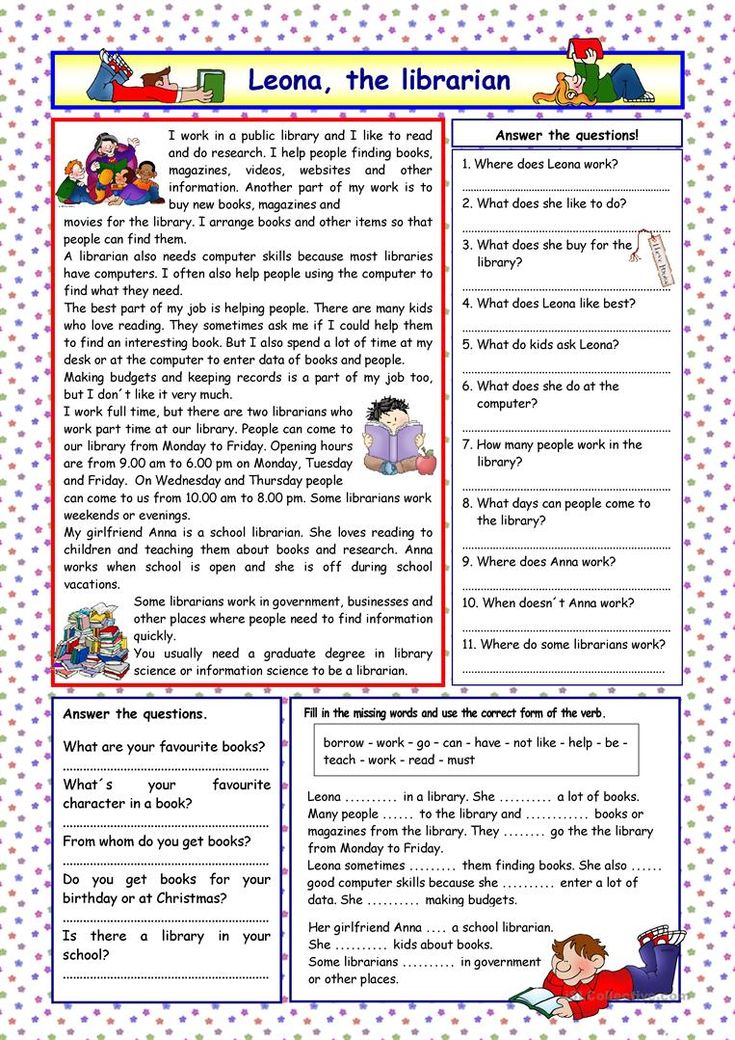 Reading in the original language boosts self-esteem
Reading in the original language boosts self-esteem How to choose a book to read
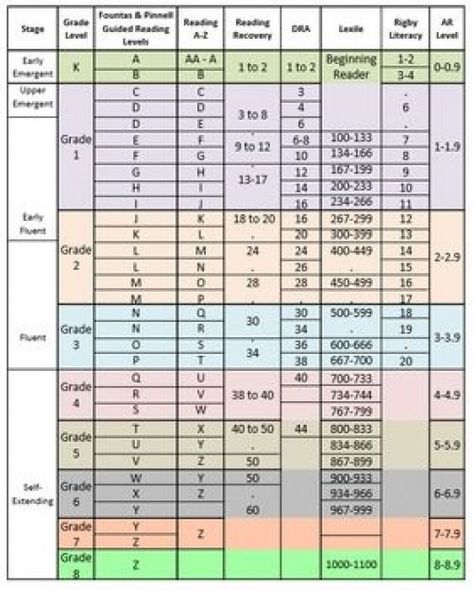
Children's books in English
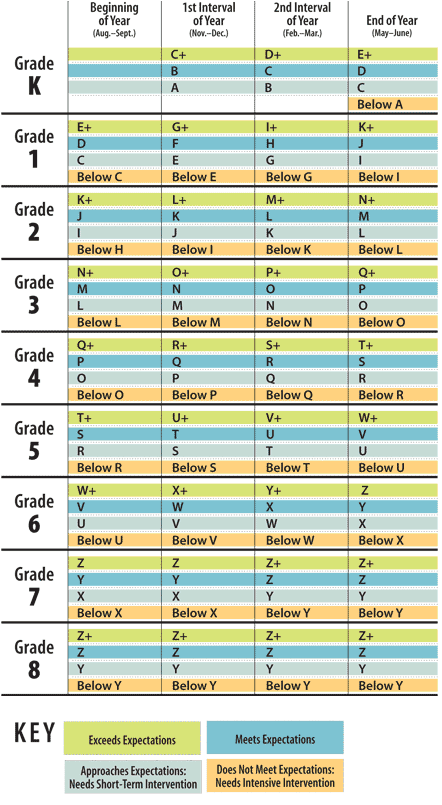 For example, on the KidsWorldFun resource.
For example, on the KidsWorldFun resource. English comics
Film scripts in English
Books in English about personal development and professional literature
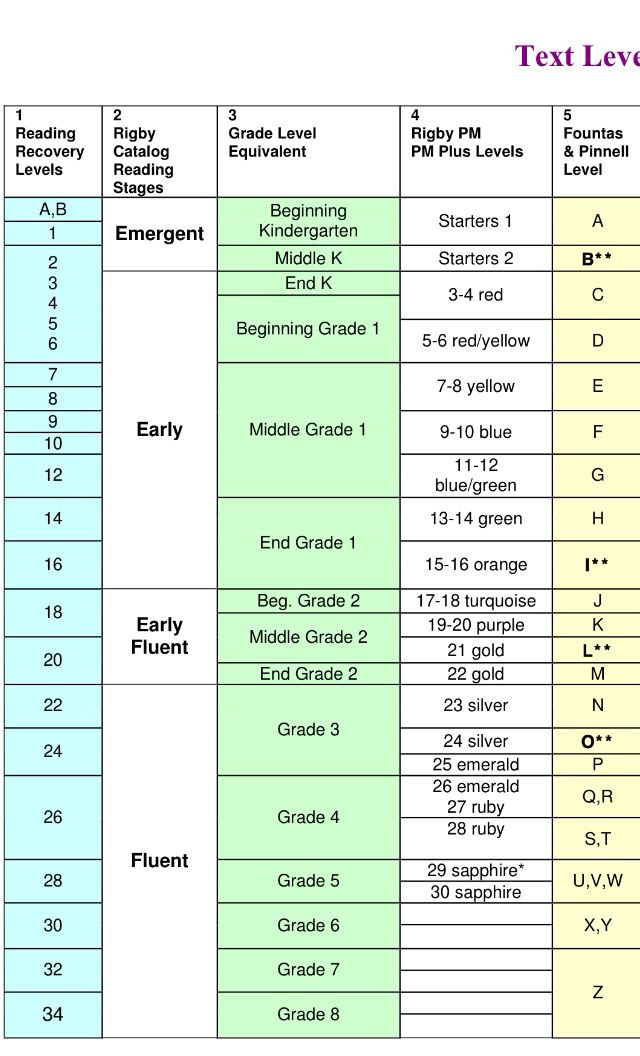 If you are keenly interested in something, why not read about it in English? Another advantage of such literature is that it is easier to read than fiction novels. The style is simpler, the vocabulary is limited to the topic under consideration.
If you are keenly interested in something, why not read about it in English? Another advantage of such literature is that it is easier to read than fiction novels. The style is simpler, the vocabulary is limited to the topic under consideration. 3 "life hacks" for beginning readers of English literature
It is not necessary to understand every word
Read aloud in English
 By reading aloud, you tune in to the sound range of the language being studied. However, it is important to work on pronunciation and in addition to reading, otherwise the incorrectly “guessed” pronunciation of a particular word may annoy you for years afterwards.
By reading aloud, you tune in to the sound range of the language being studied. However, it is important to work on pronunciation and in addition to reading, otherwise the incorrectly “guessed” pronunciation of a particular word may annoy you for years afterwards. When reading in English, listen to audio books
Books adapted for beginner, intermediate and advanced levels of English (A2-C1)
The Fisherman and His Soul
Genre: romantic fairy tale
Volume: approx. 30000 characters
30000 characters
English version: British a dolphin a fisherman and a mermaid.
Download audiobook: mp3 (8 files, 52 minutes, 48 Mb) Dracula
Genre: mystic, horror
Volume: ca. 50000 characters
English version: British
Screen adaptation: Dracula (1992) Million Pound Bank Note - The Million Pound Bank Note
Genre: adventure, humor
Volume: approx. 25000 characters
25000 characters
English version: American
Download audiobook: mp3 (8 files, 30 minutes, 28 Mb) Mr. Bean in the city Bean In Town
Genre: humor
Volume: approx. 20000 characters
English version: British
Download audiobook: mp3 (2 files, 31 minutes, 30 Mb) Level B1 - threshold or intermediate (threshold or intermediate)
The Picture of Dorian Gray
Genre: fiction
Volume: approx.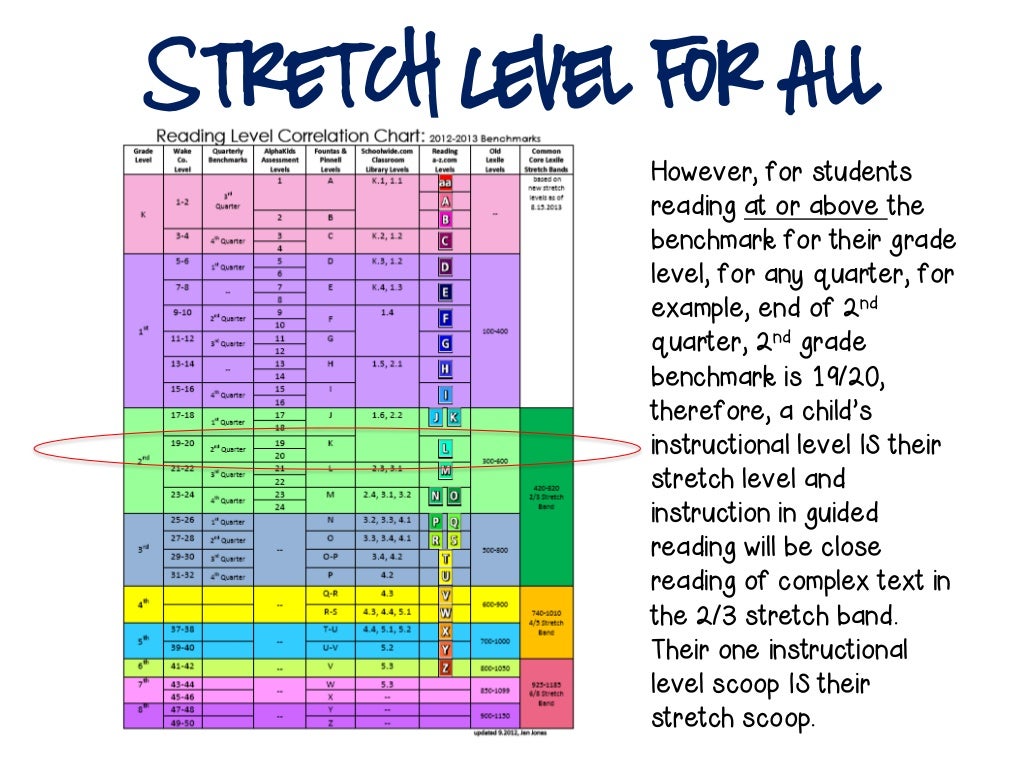 80000 characters
80000 characters
English version: British
Screen version: The Picture of Dorian Gray (2009)
Download audiobook: mp3 (13 files, 112 minutes, 42Mb) Appointment With Death
nine0004 Agatha Christie
Genre: Detective
Volume: approx. 125000 characters
English version: British 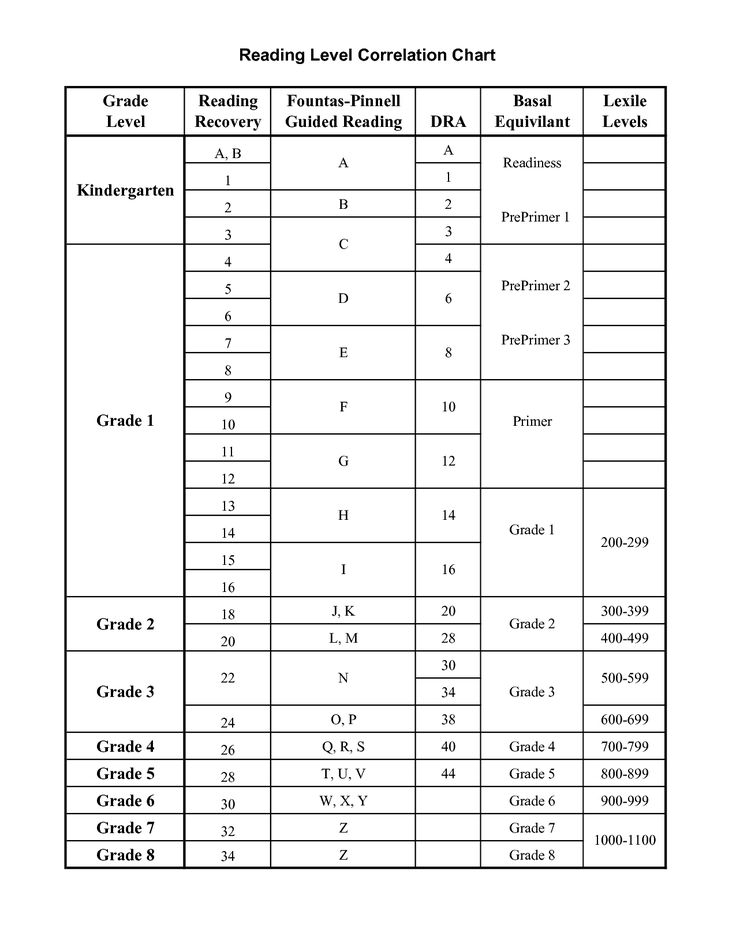 A must read!
A must read!
Screen version: Appointment with Death (2008)
Download audiobook: mp3 (31 files, 164 minutes, 133 Mb) nine0315 Forrest Gump - Forrest Gump
Genre: Drama
Volume: approx. 45000 characters
English version: American
Screen adaptation: Forrest Gump (1994) Three Men In a Boat
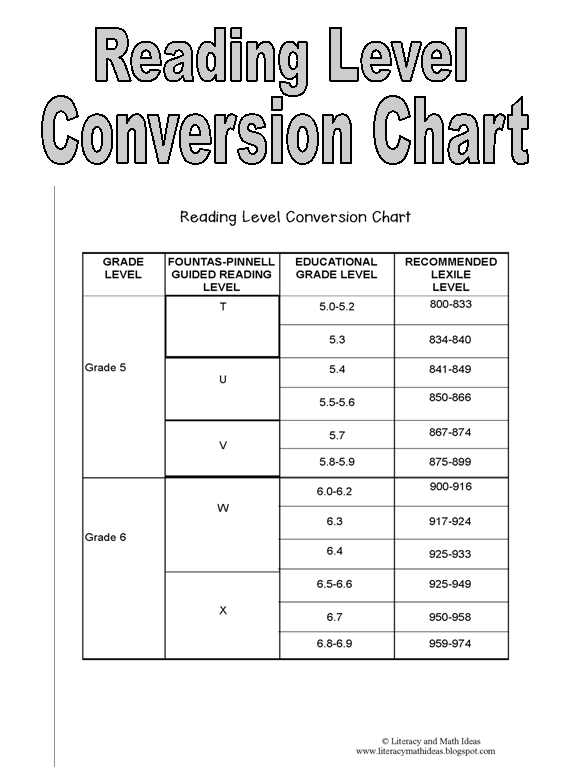 Jerome
Jerome
Genre: Humor
Volume: approx. 50000 characters
English version: British
Screen adaptation: Three men in a boat (1975) Intermediate English (intermediate, B1-B2)
The Curious Case of Benjamin Button
Genre: Drama
Volume: ok. 45000 characters
45000 characters
English version: American
Screen version: The Curious Case of Benjamin Button (2008)
Download audiobook: mp3 (11 files, 60 minutes, 34 Mb)
Genre: Prose
Volume: approx. 150000 characters
English version: British
Screen adaptation: 1984 (1984)
Audiobook download: mp3 (12 files, 141 minutes, 129Mb) Gladiator - Gladiator
Genre: historical novel
Volume: approx.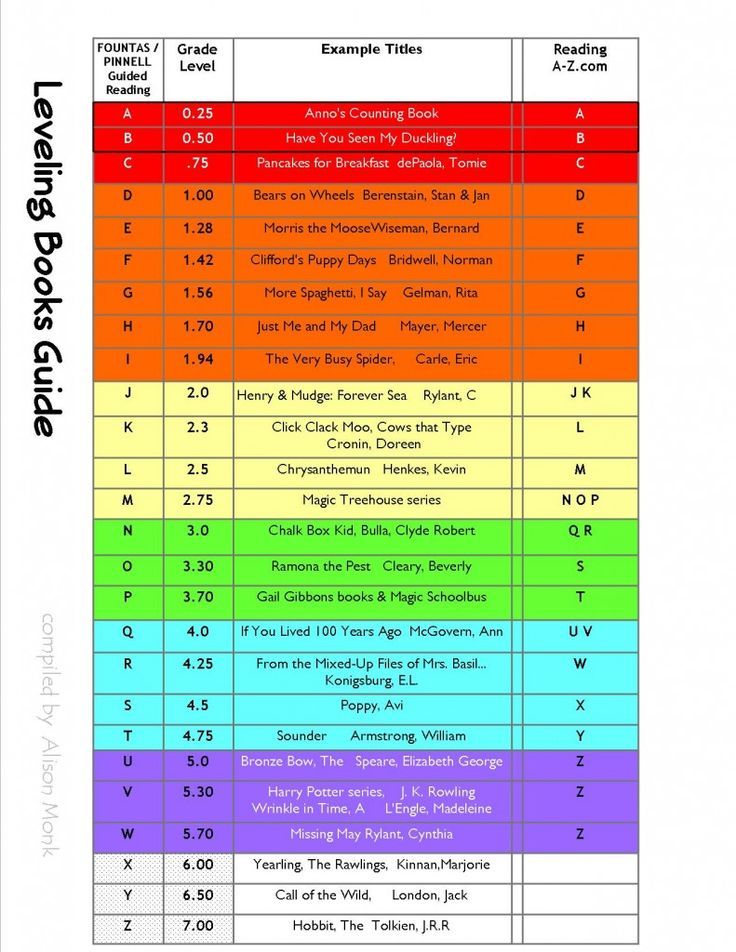 100000 characters
100000 characters
English version: American
Screen adaptation: Gladiator (2000)
Download audiobook: mp3 (12 files, 159 minutes, 146 Mb) Four Weddings and a Funeral
Genre: romance, humor
Volume: approx. 100000 characters
English version: British 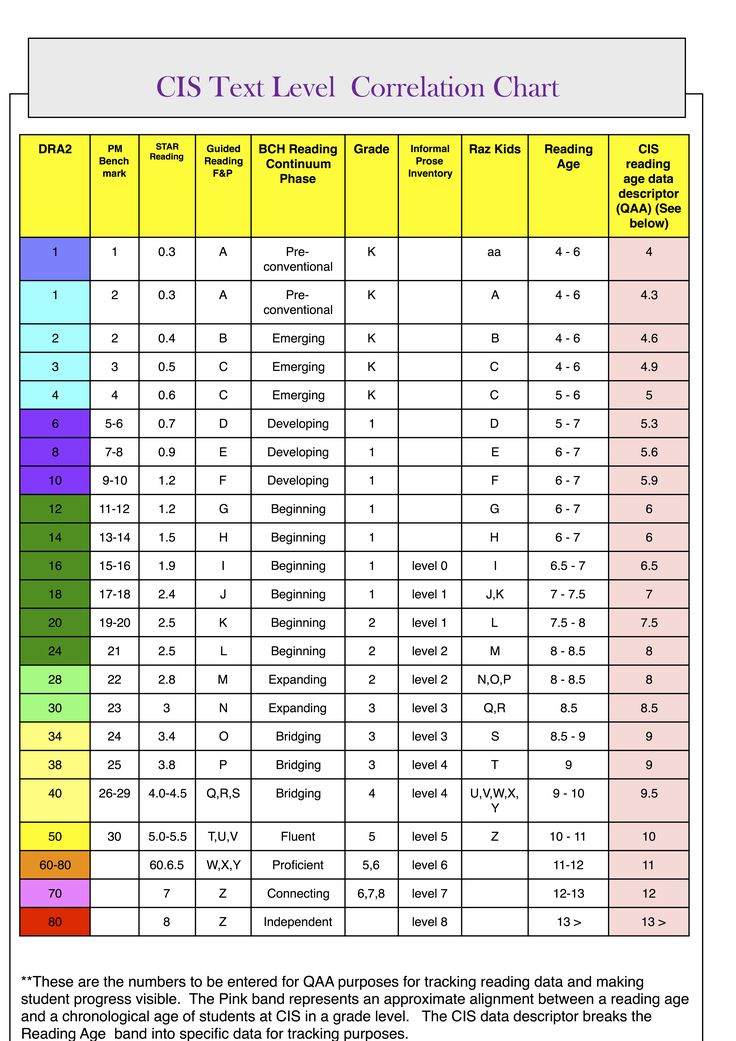 Is there any hope for a happy ending? Read about it yourself. nine0005
Is there any hope for a happy ending? Read about it yourself. nine0005
Film adaptation: Four Weddings and a Funeral (1994) B2 - intermediate or upper intermediate
Airport - Airport
Genre: thriller
Volume: approx. 180000 characters
English version: British/Canadian
Screen adaptation: Airport (1970) The Talented Mr.
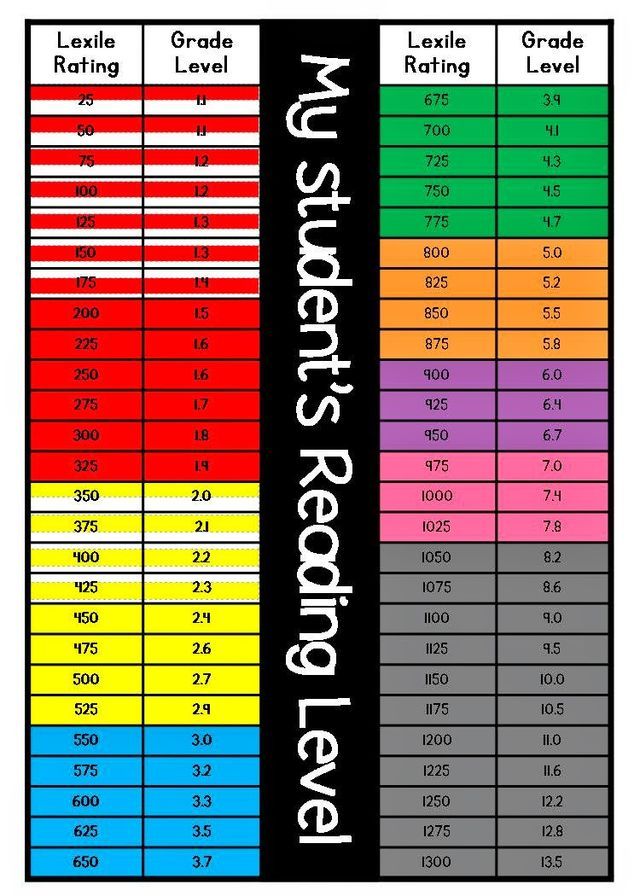 Ripley Ripley
Ripley Ripley
Genre: detective, drama
Volume: approx. 130000 characters
English version: American
Screen adaptation: The Talented Mr Ripley (1999)
Download audiobook: mp3 (5 files, 182 minutes, 208 Mb) С1 - advanced level of English (advanced)
Jane Eyre
Genre: romantic prose
Volume: approx.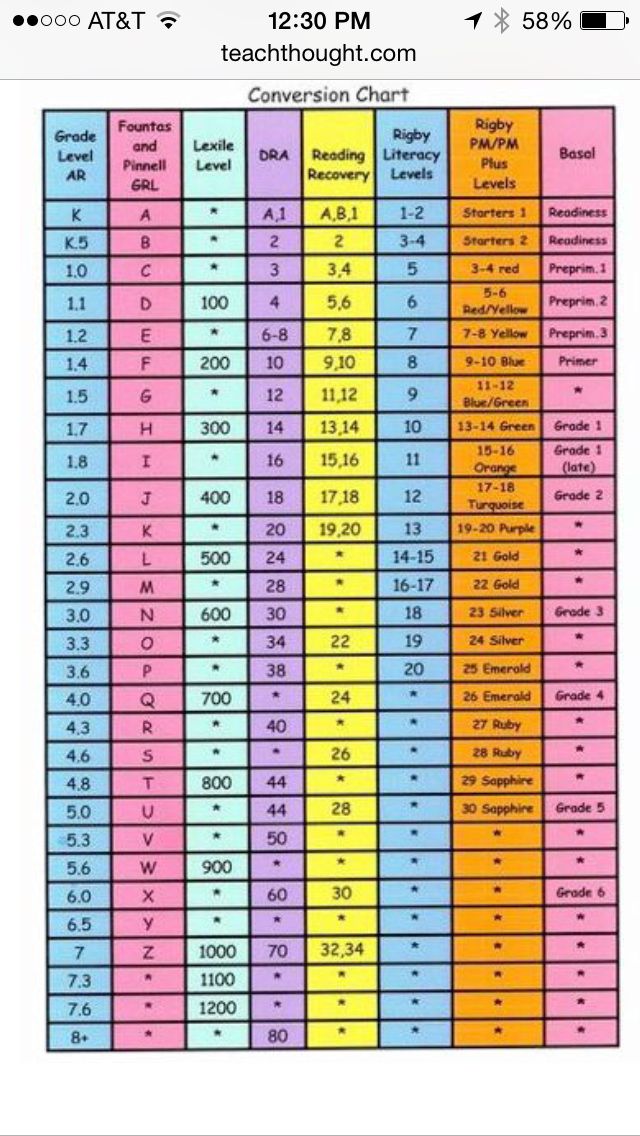 30000 characters
30000 characters
English version: British
Screen adaptation: Jane Eyre (2011)
Download audiobook: mp3 (25 files, 194 minutes, 187 Mb) Pride and Prejudice
Genre: Romance
Volume: approx. 40000 characters
English version: British 